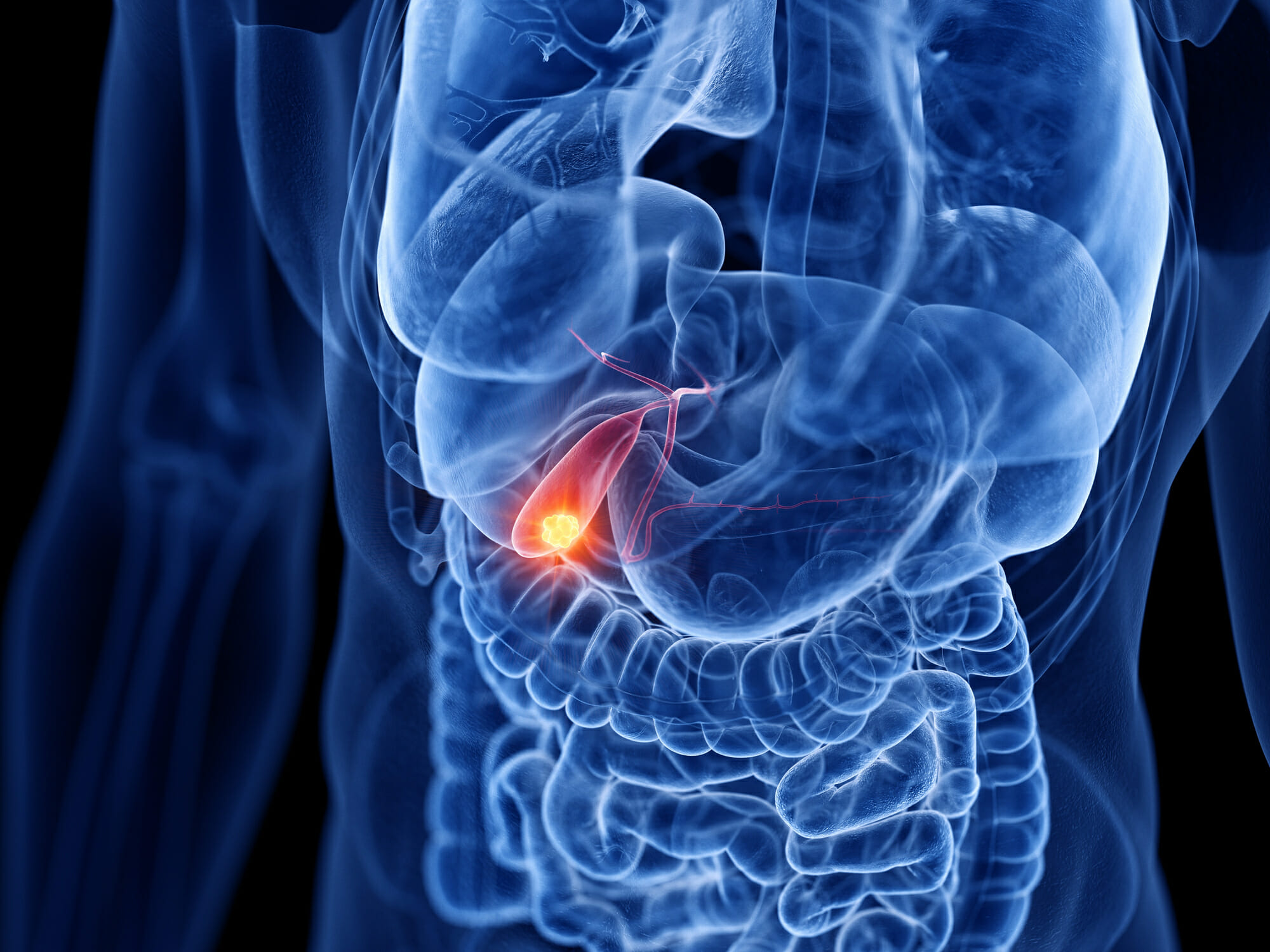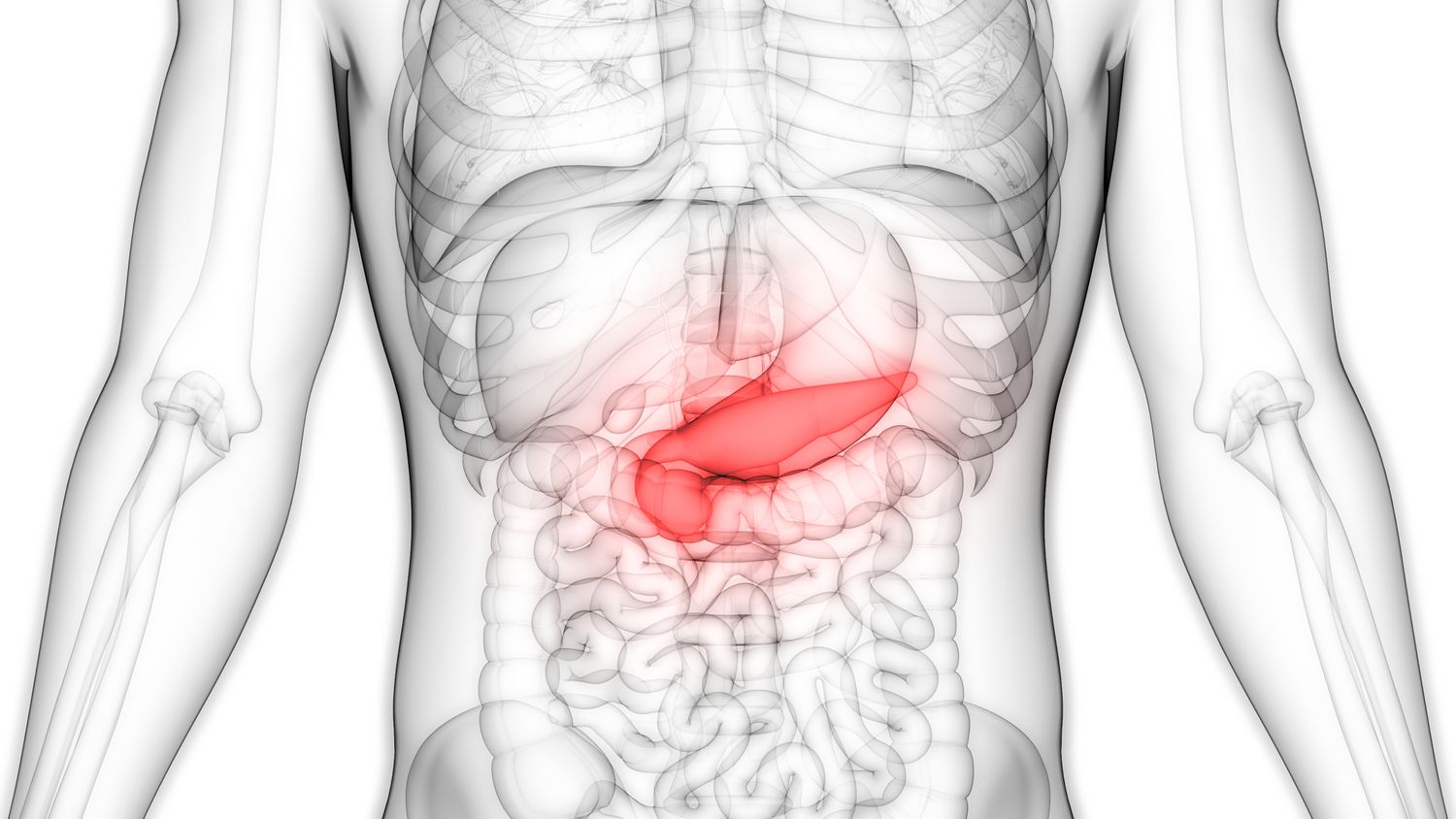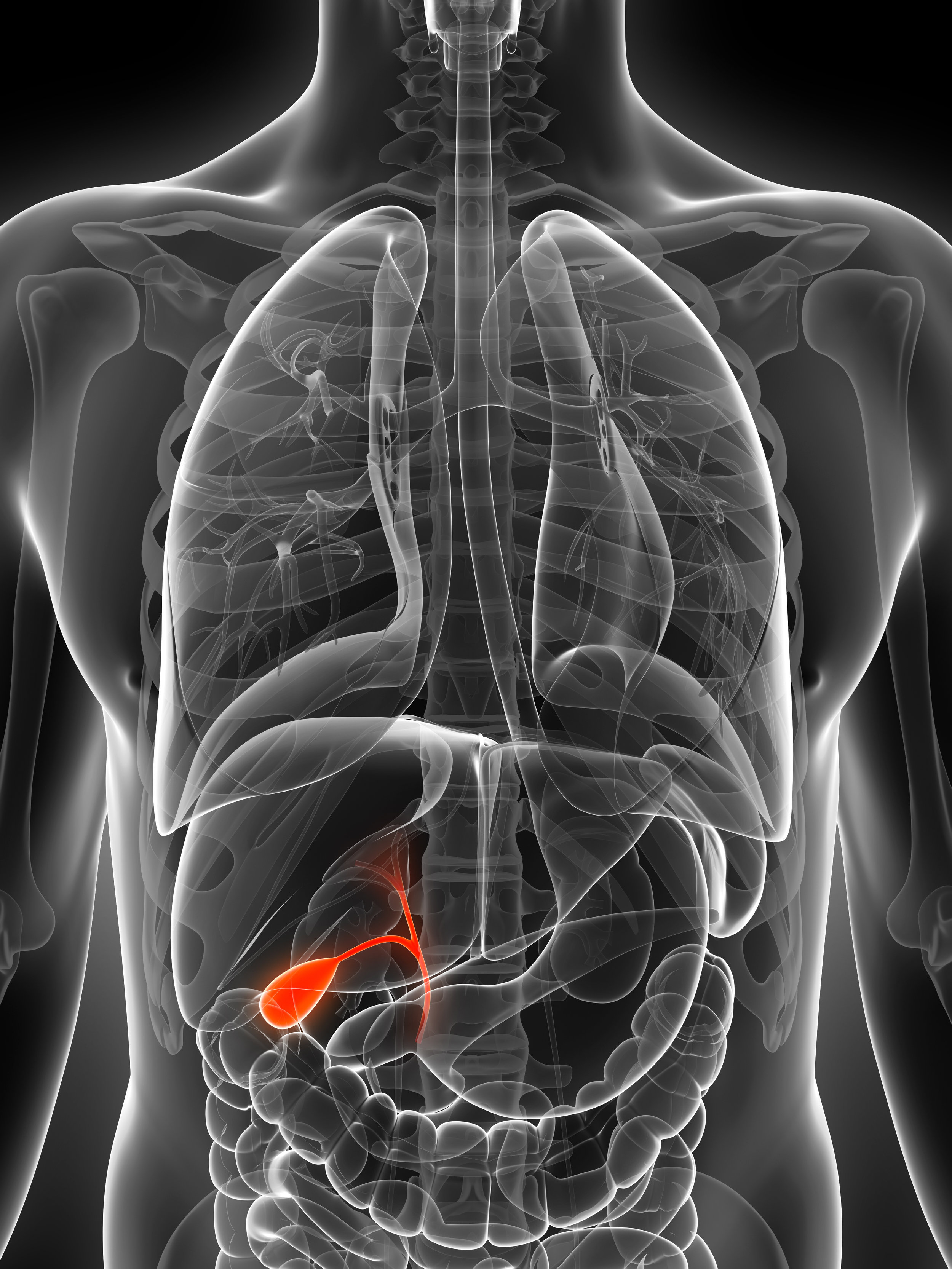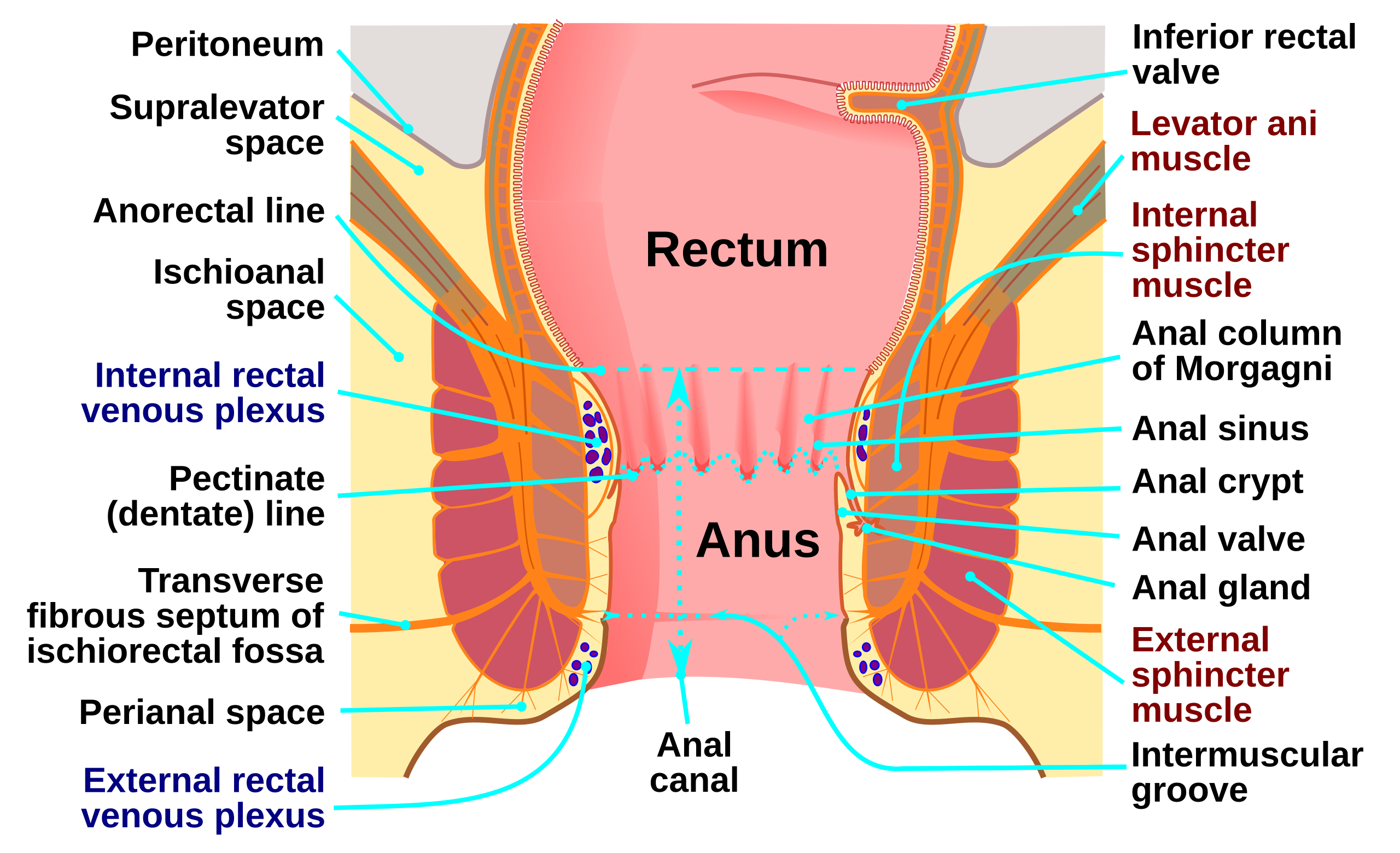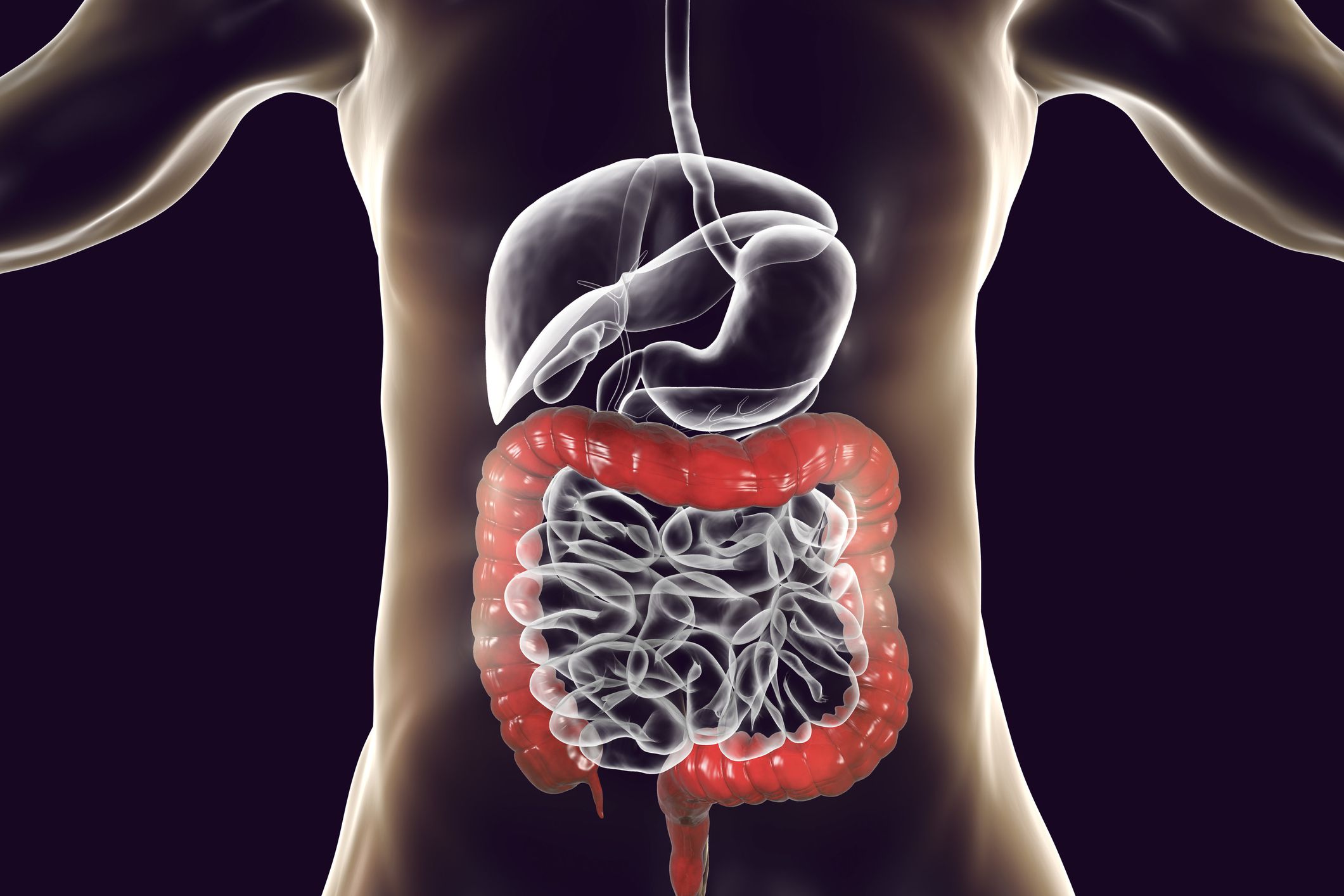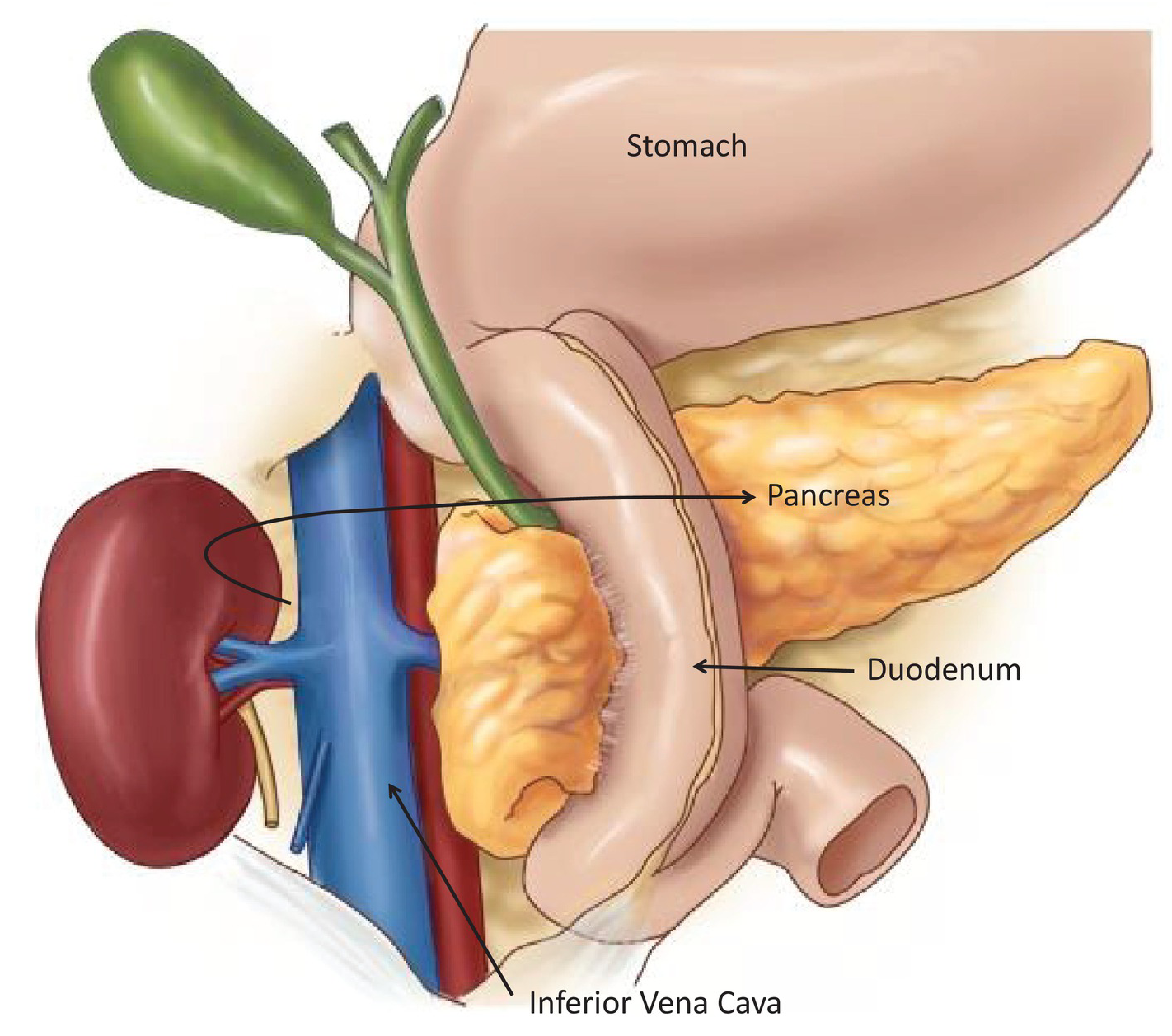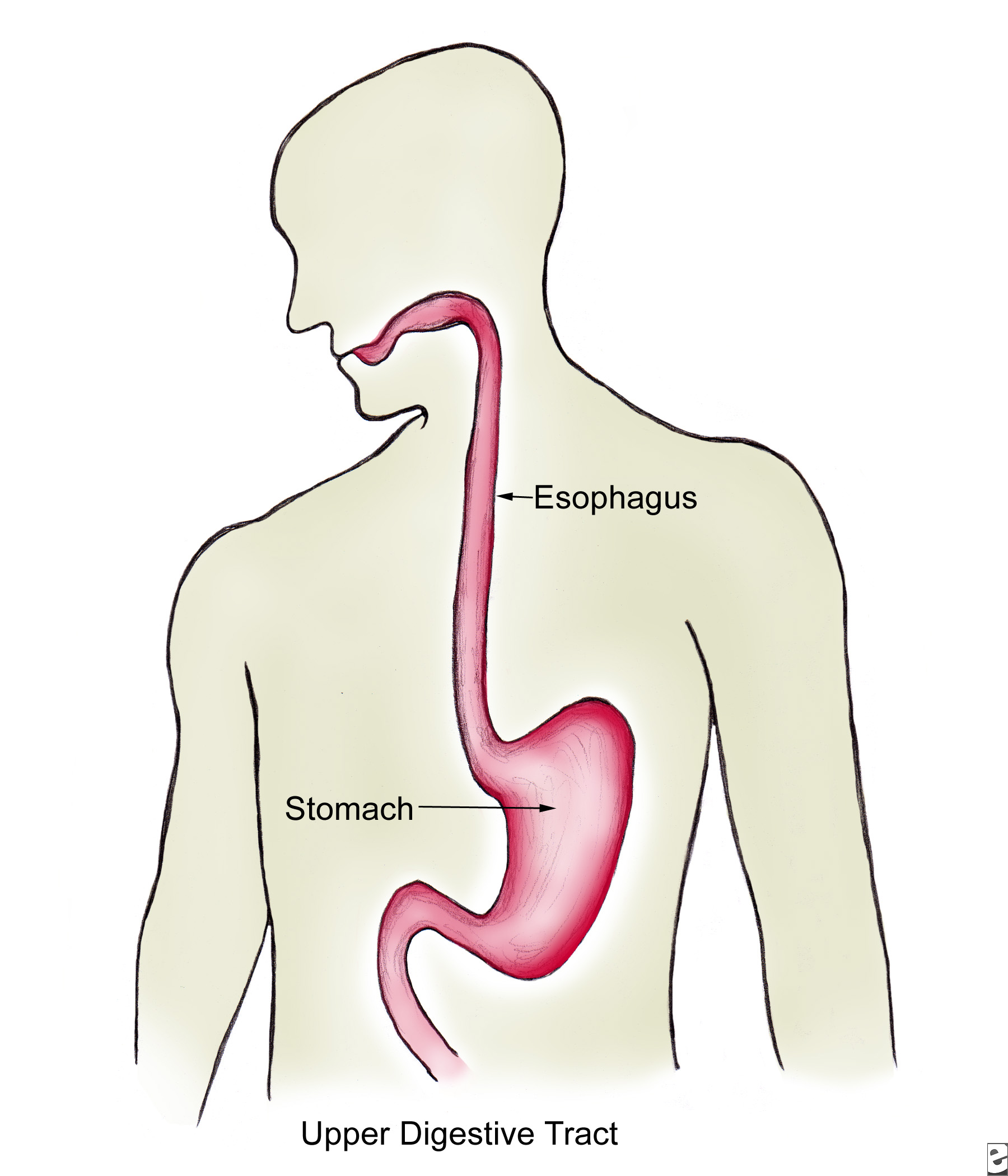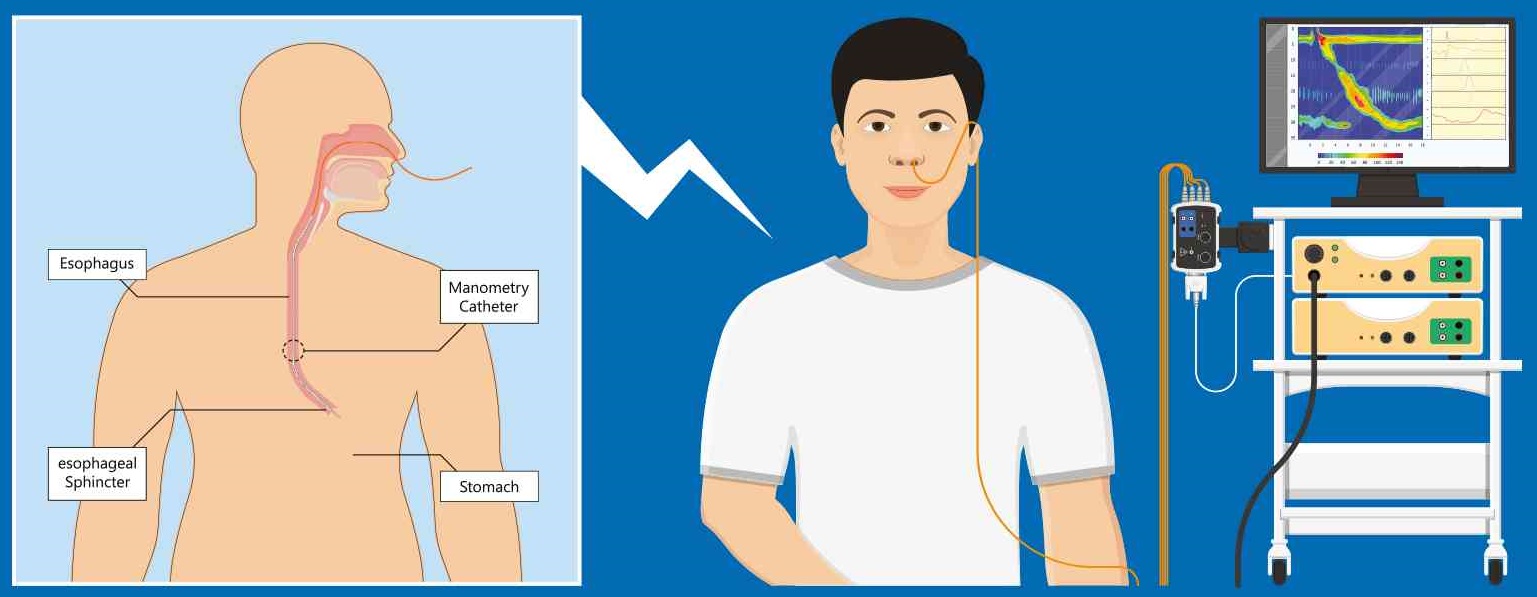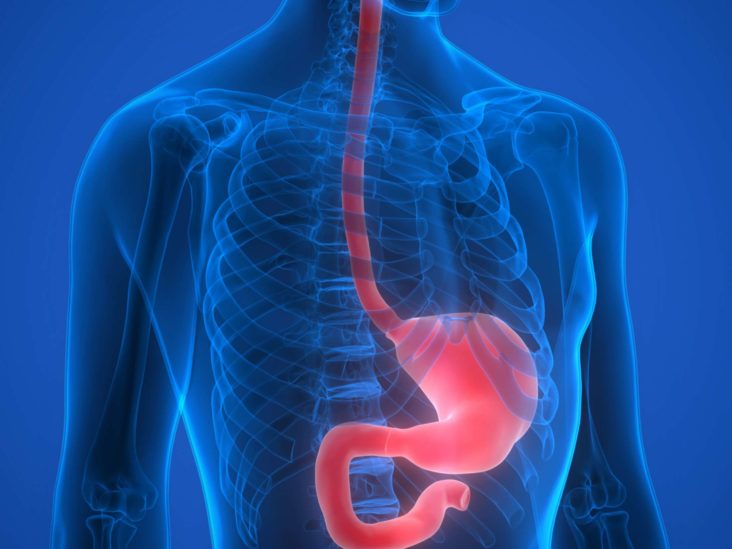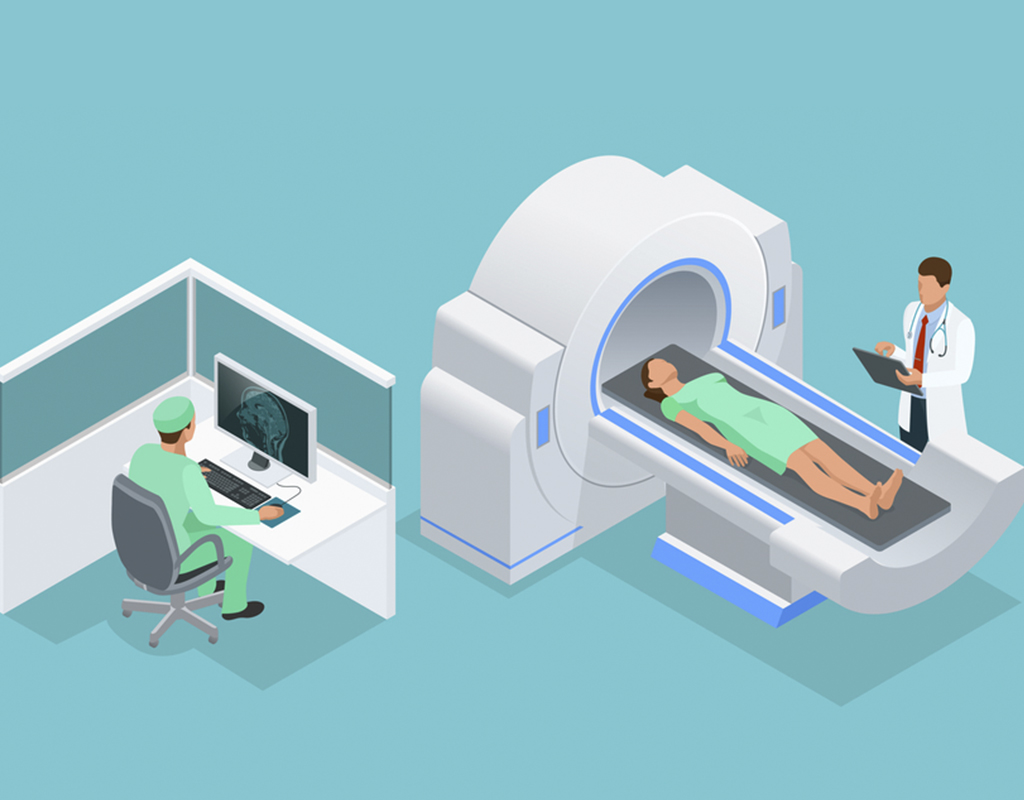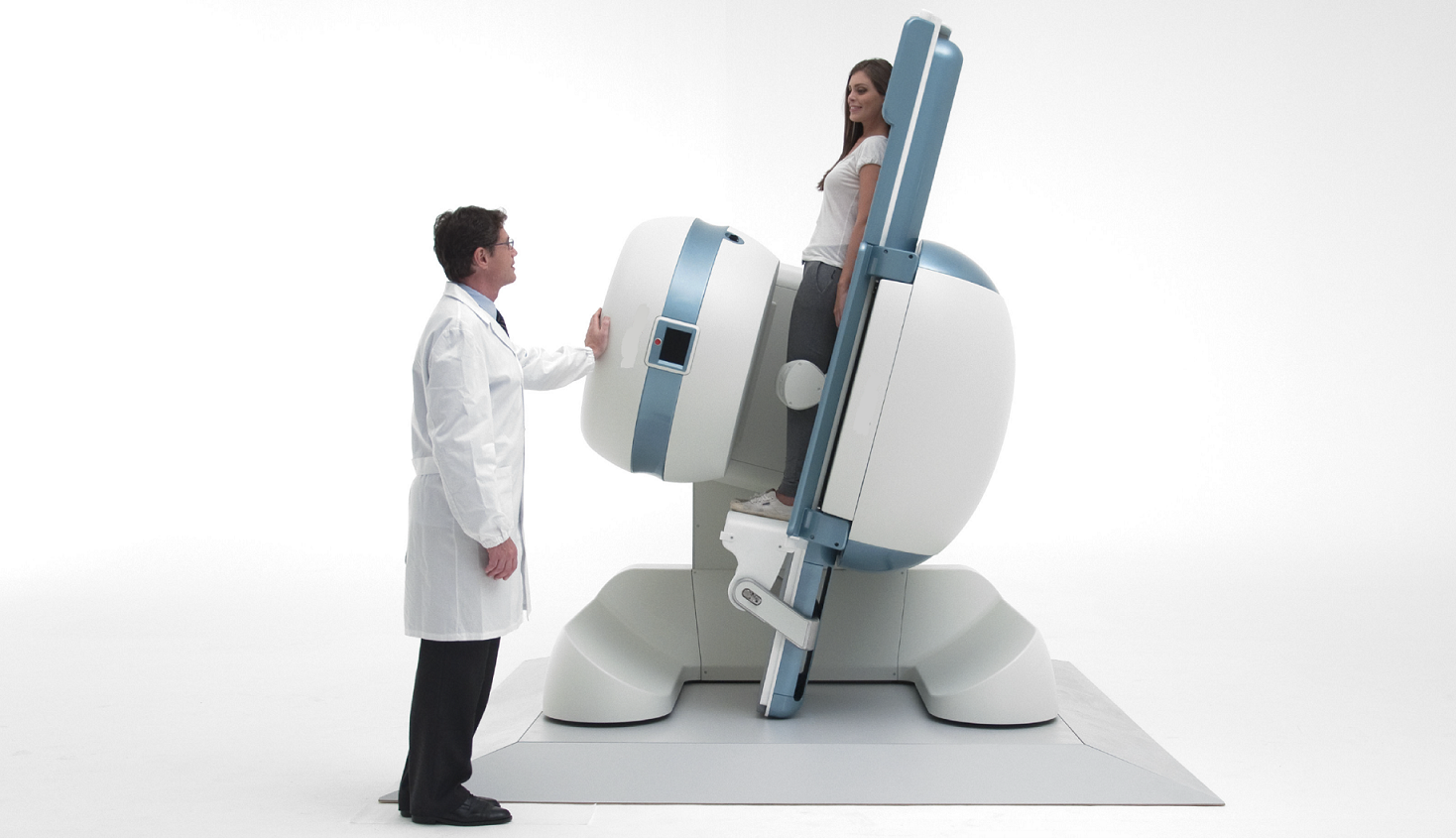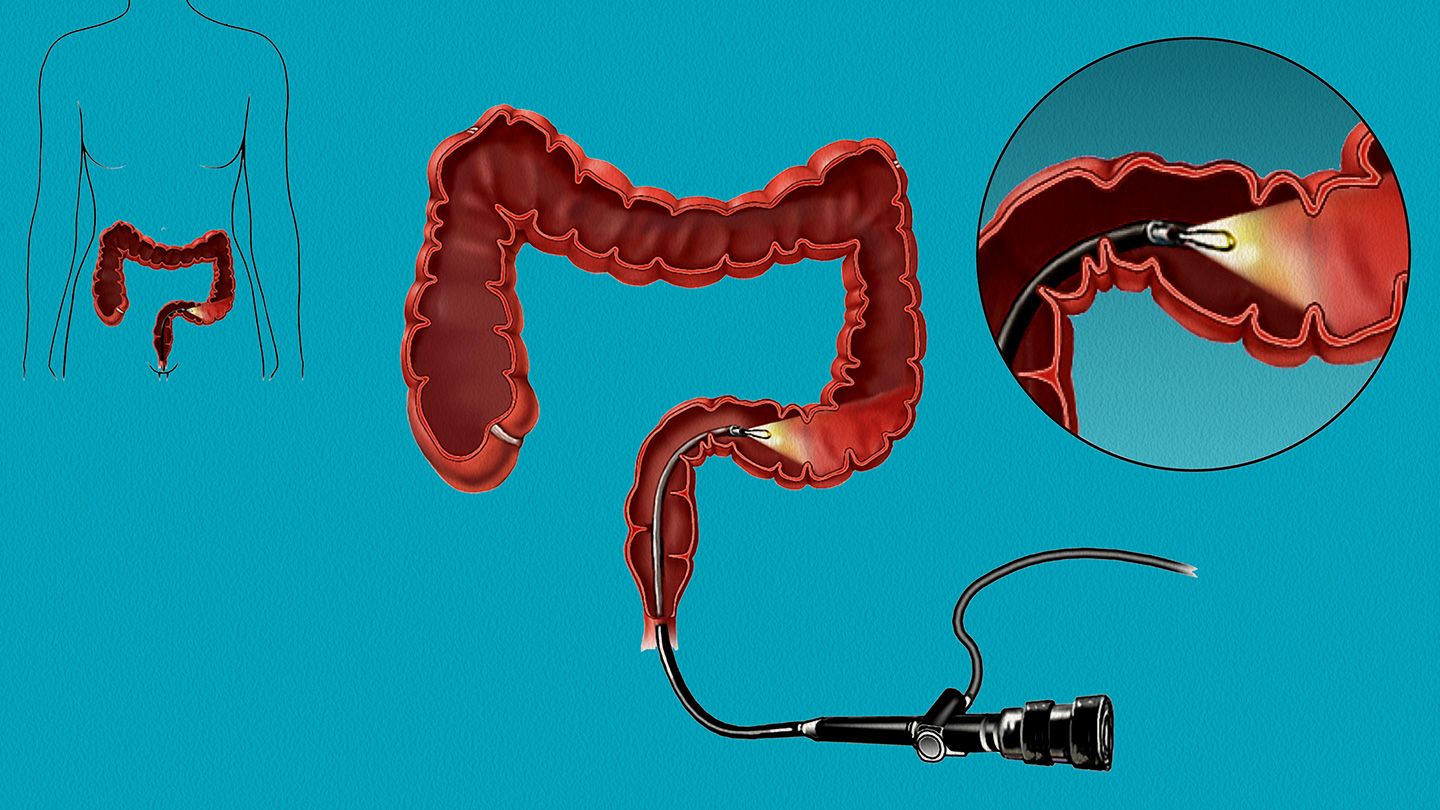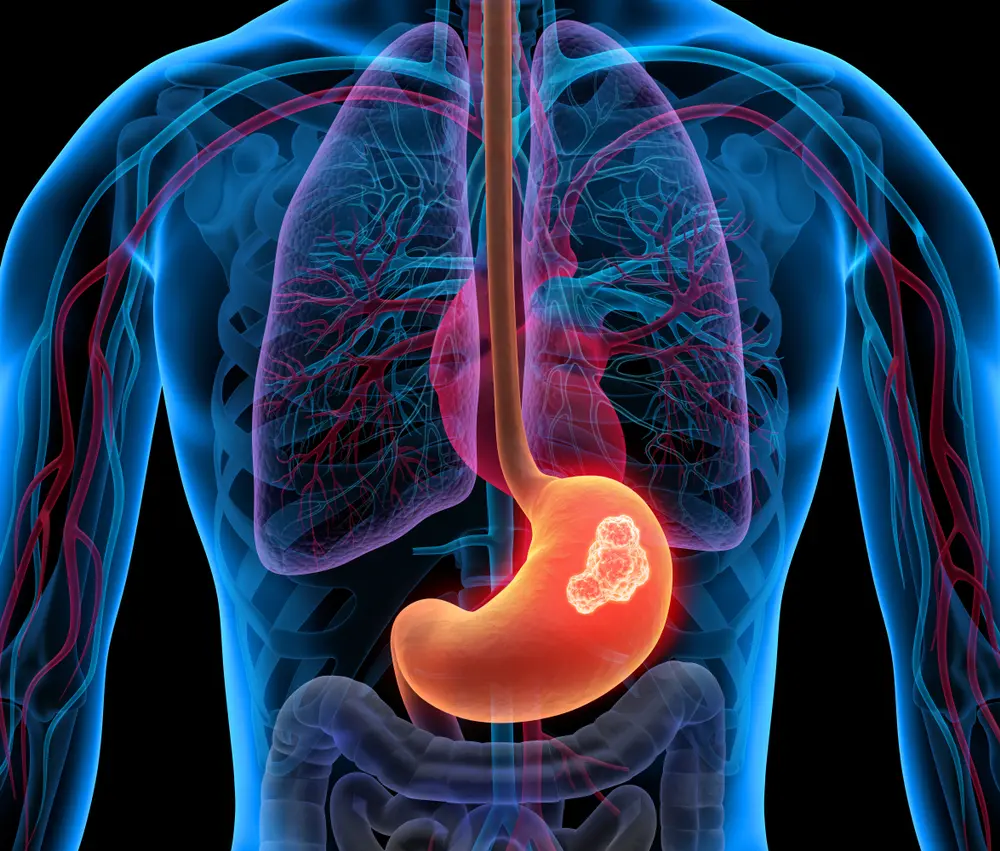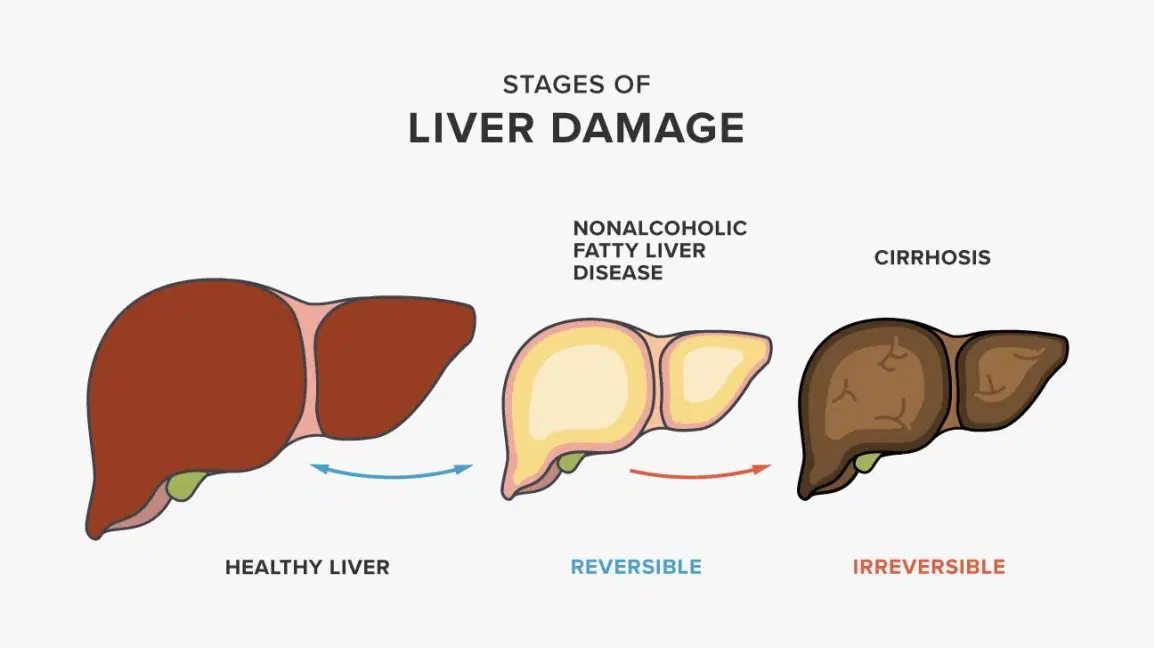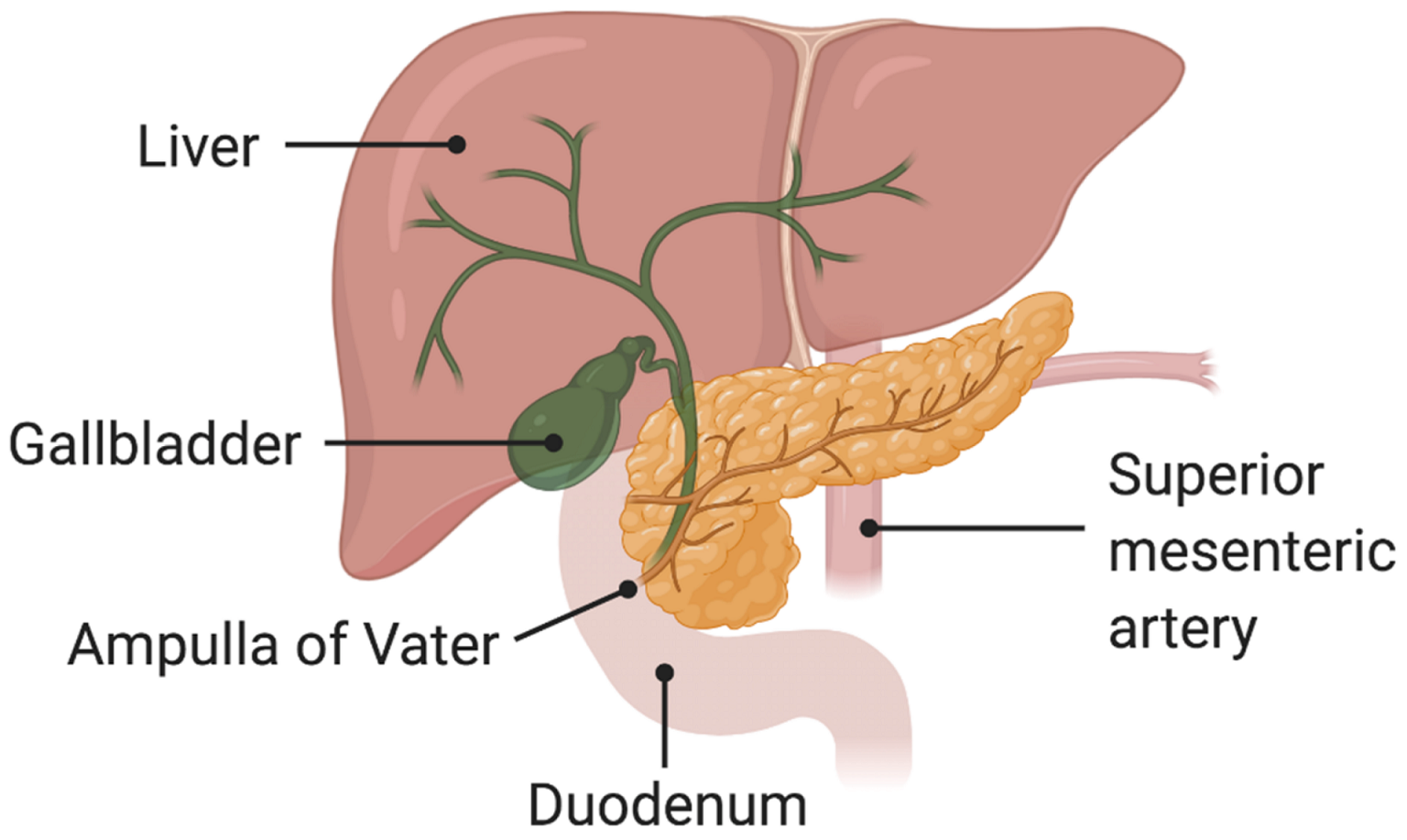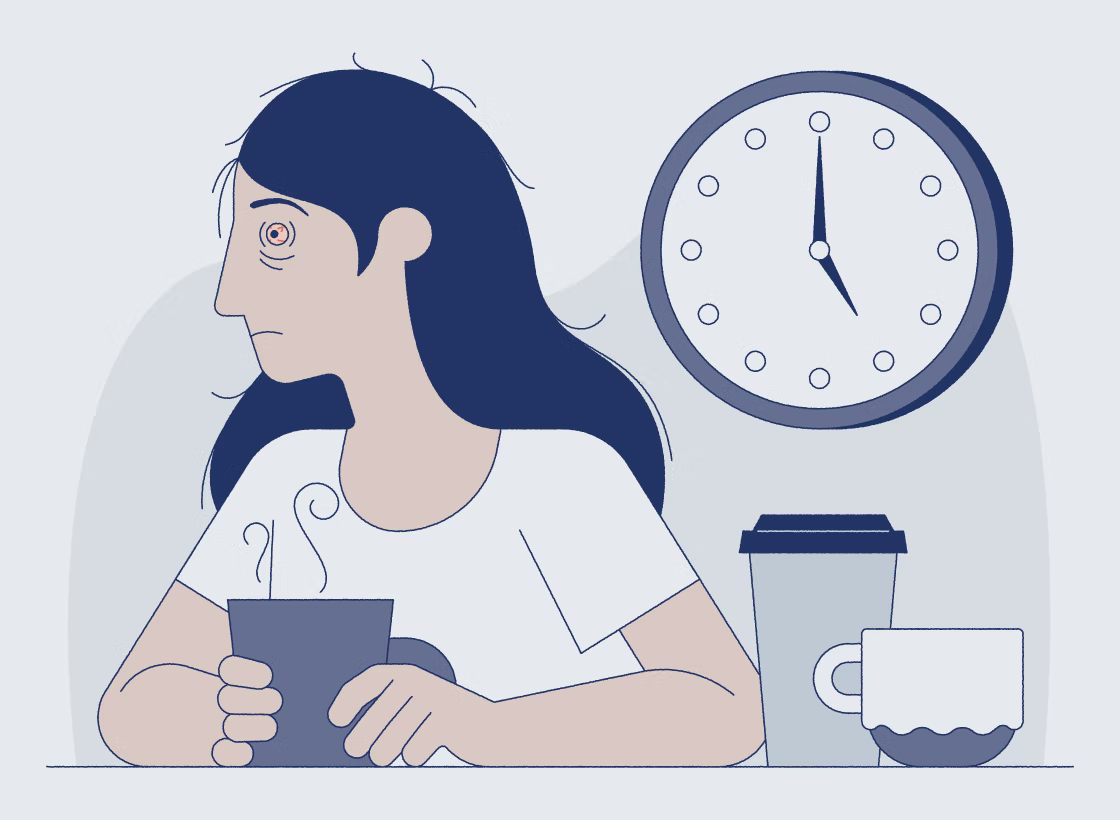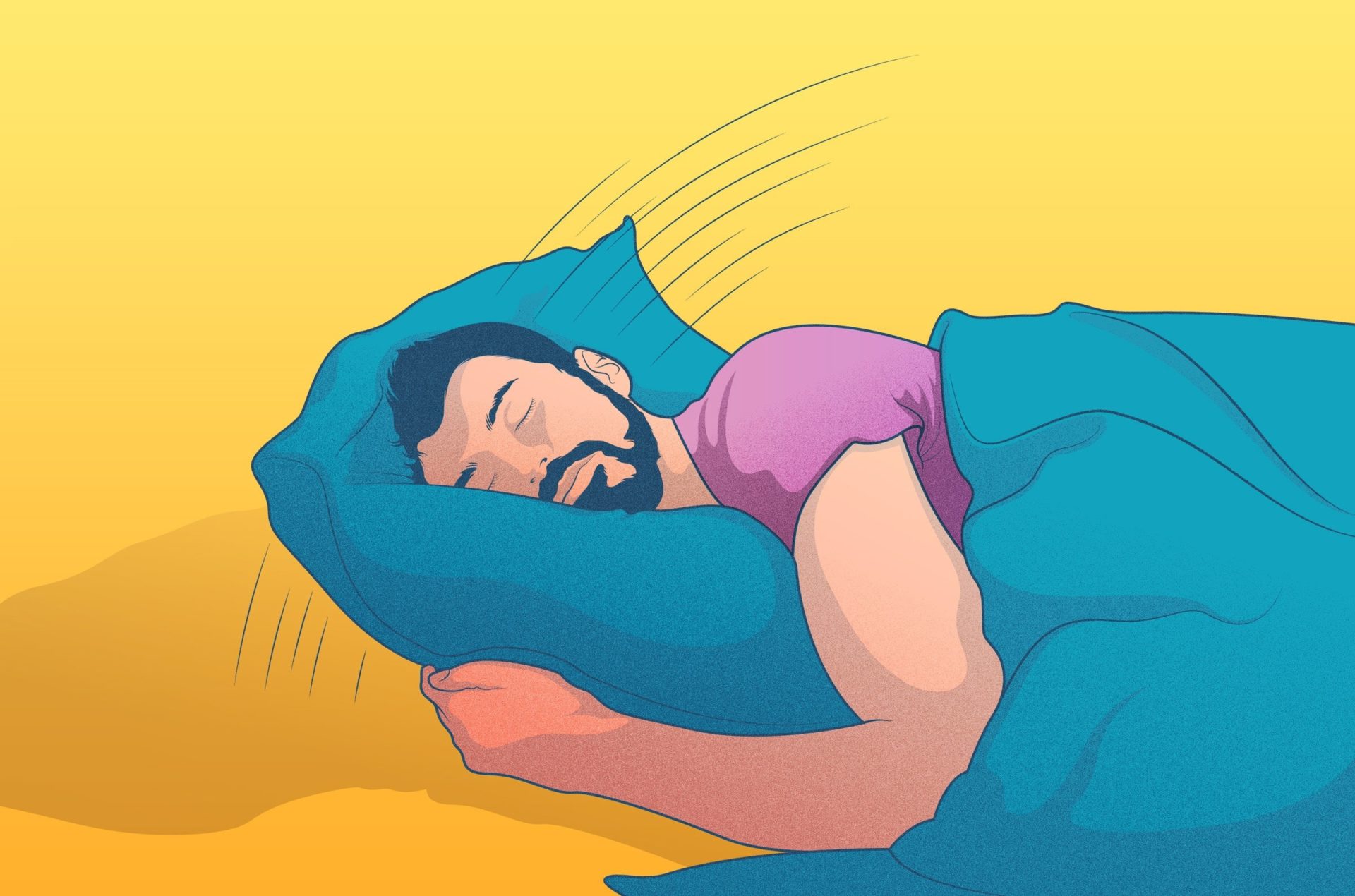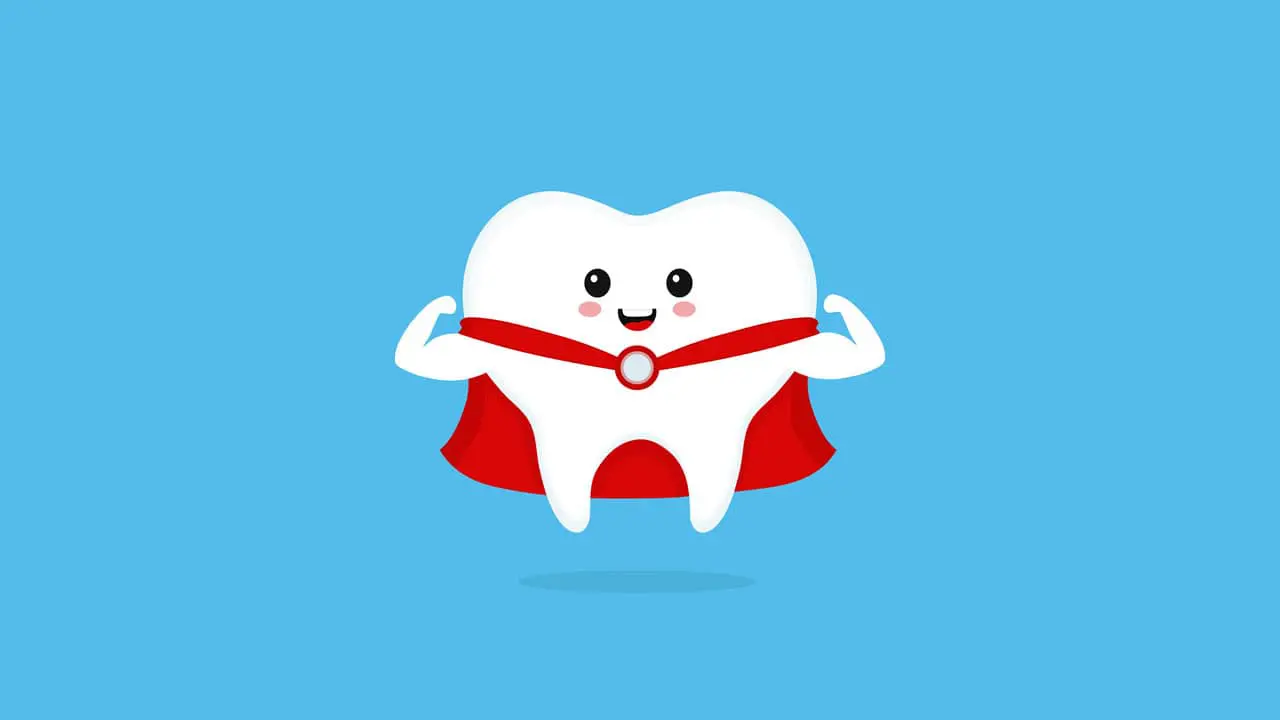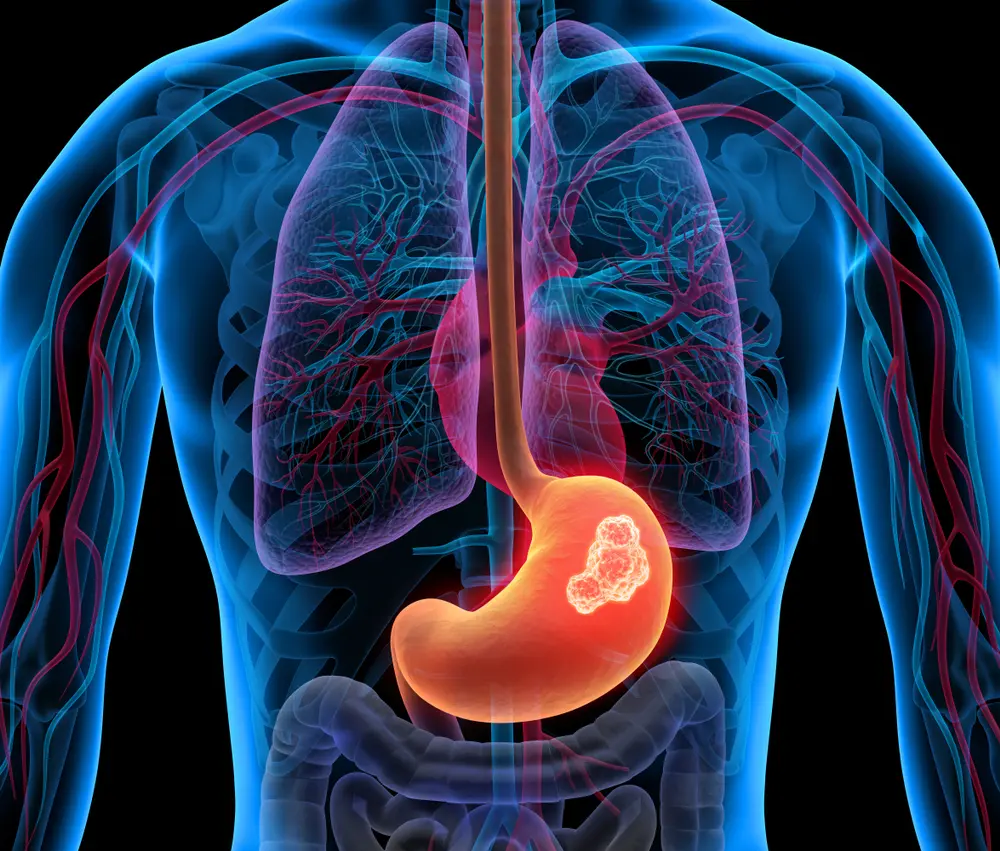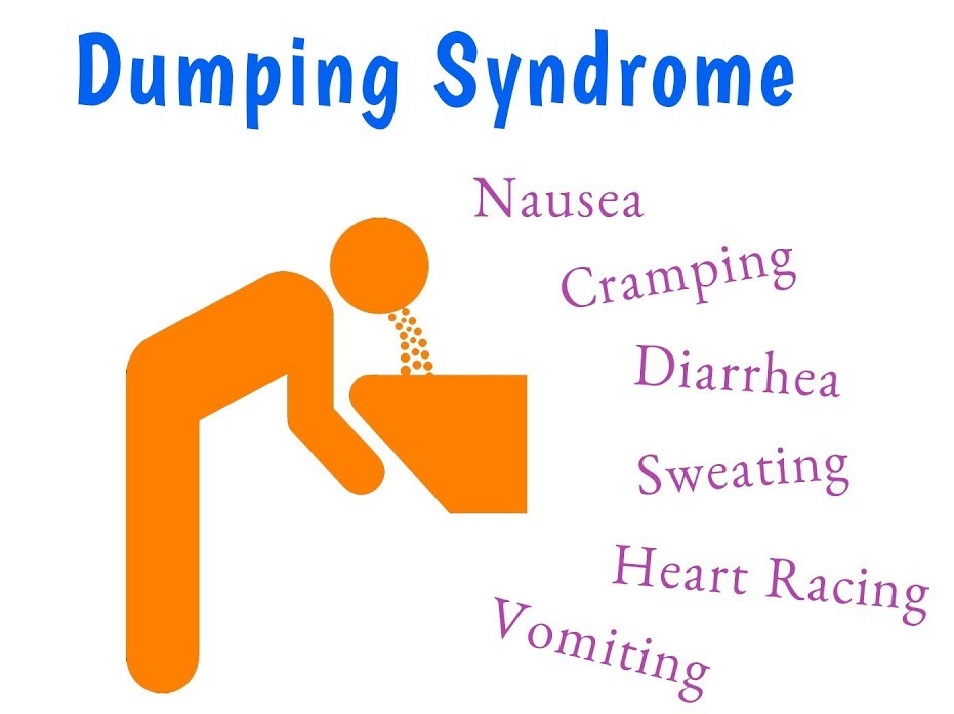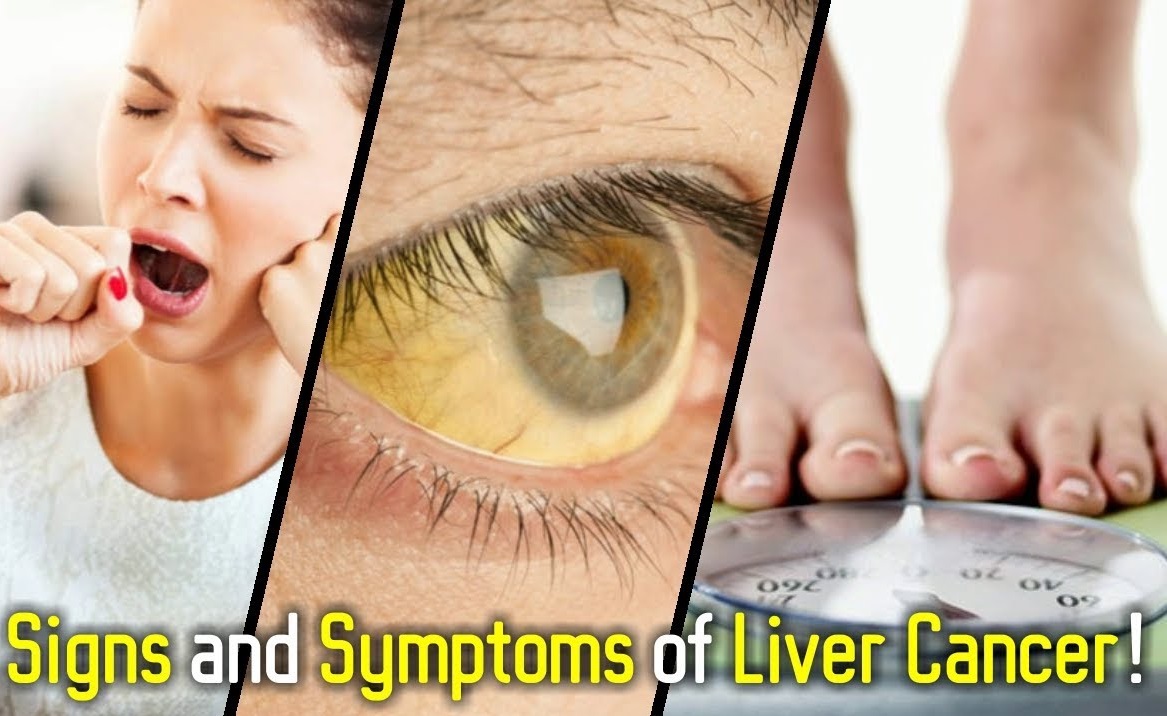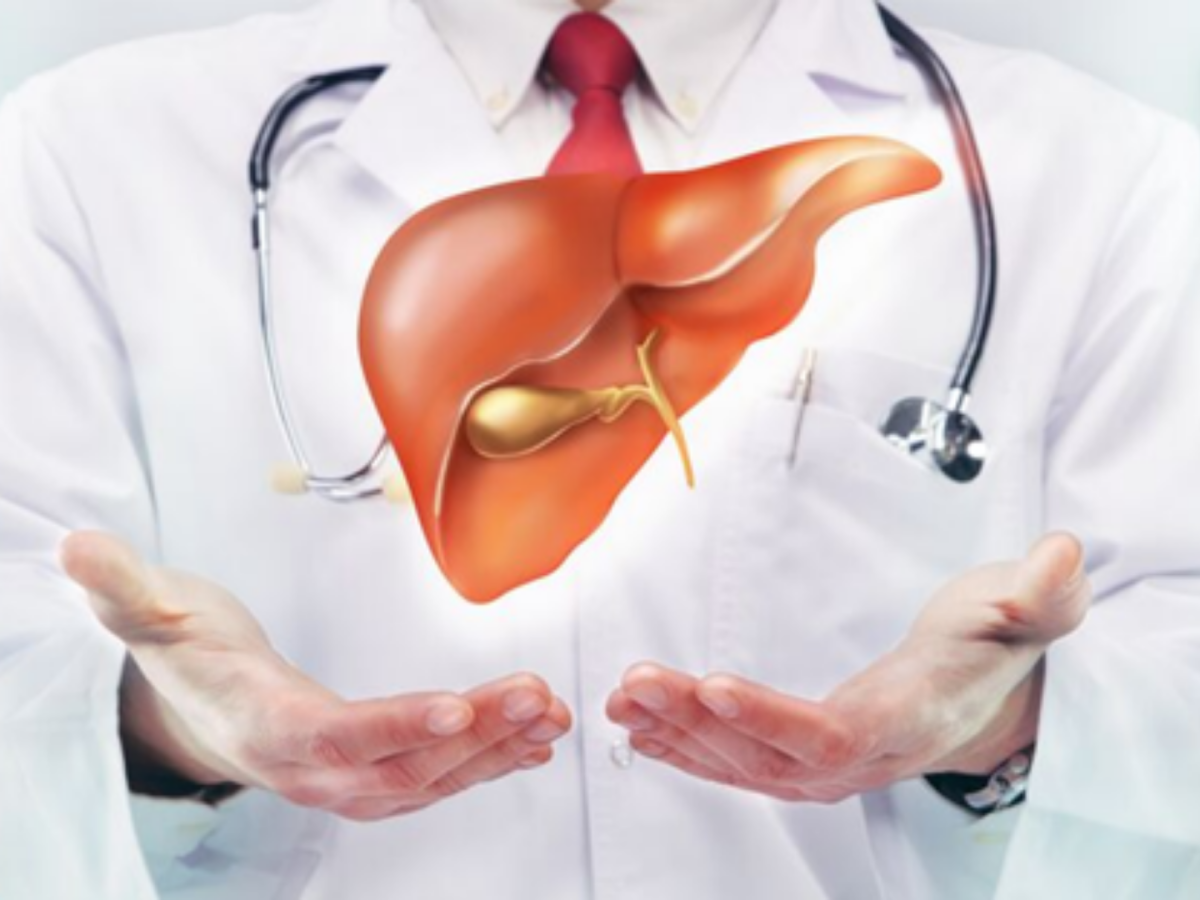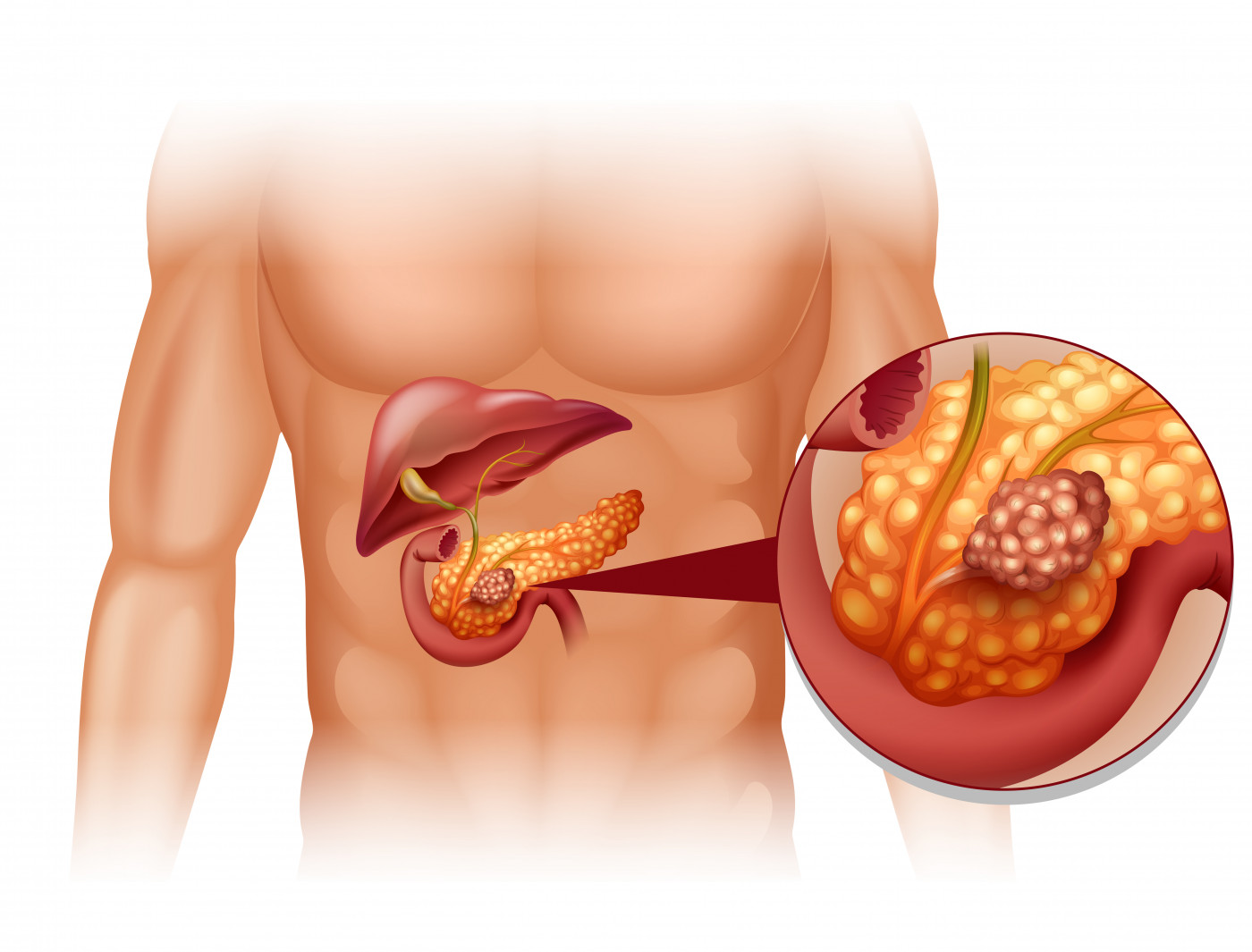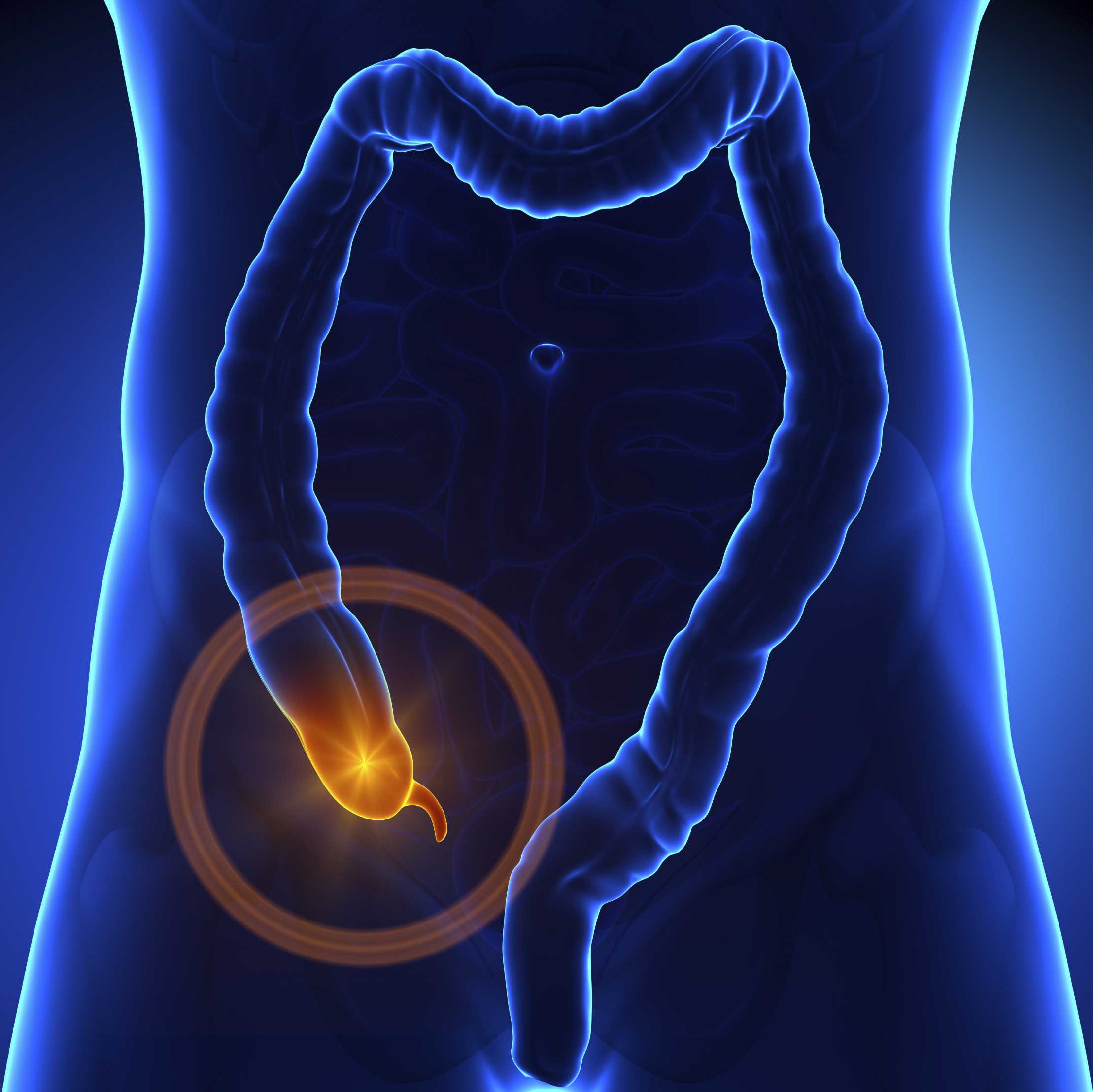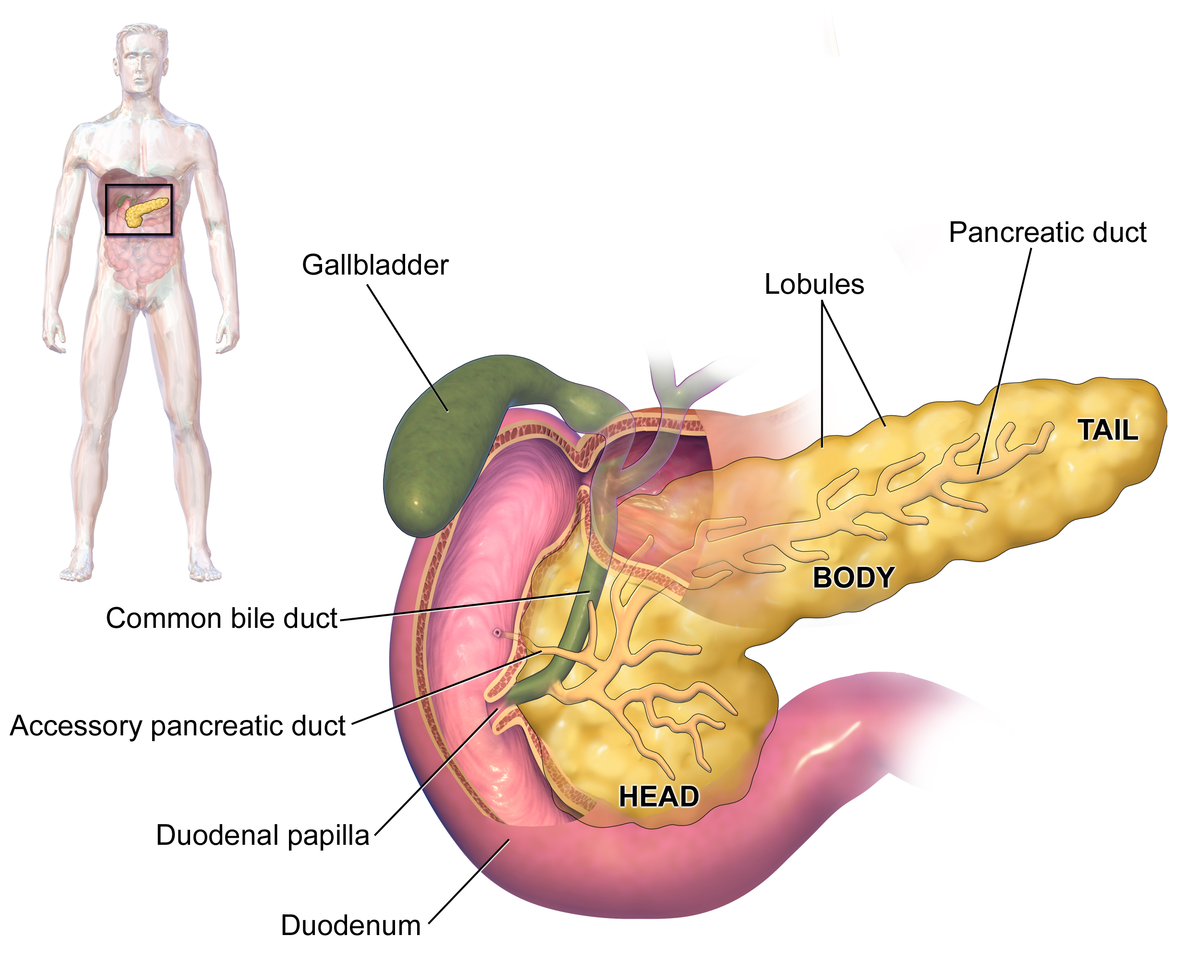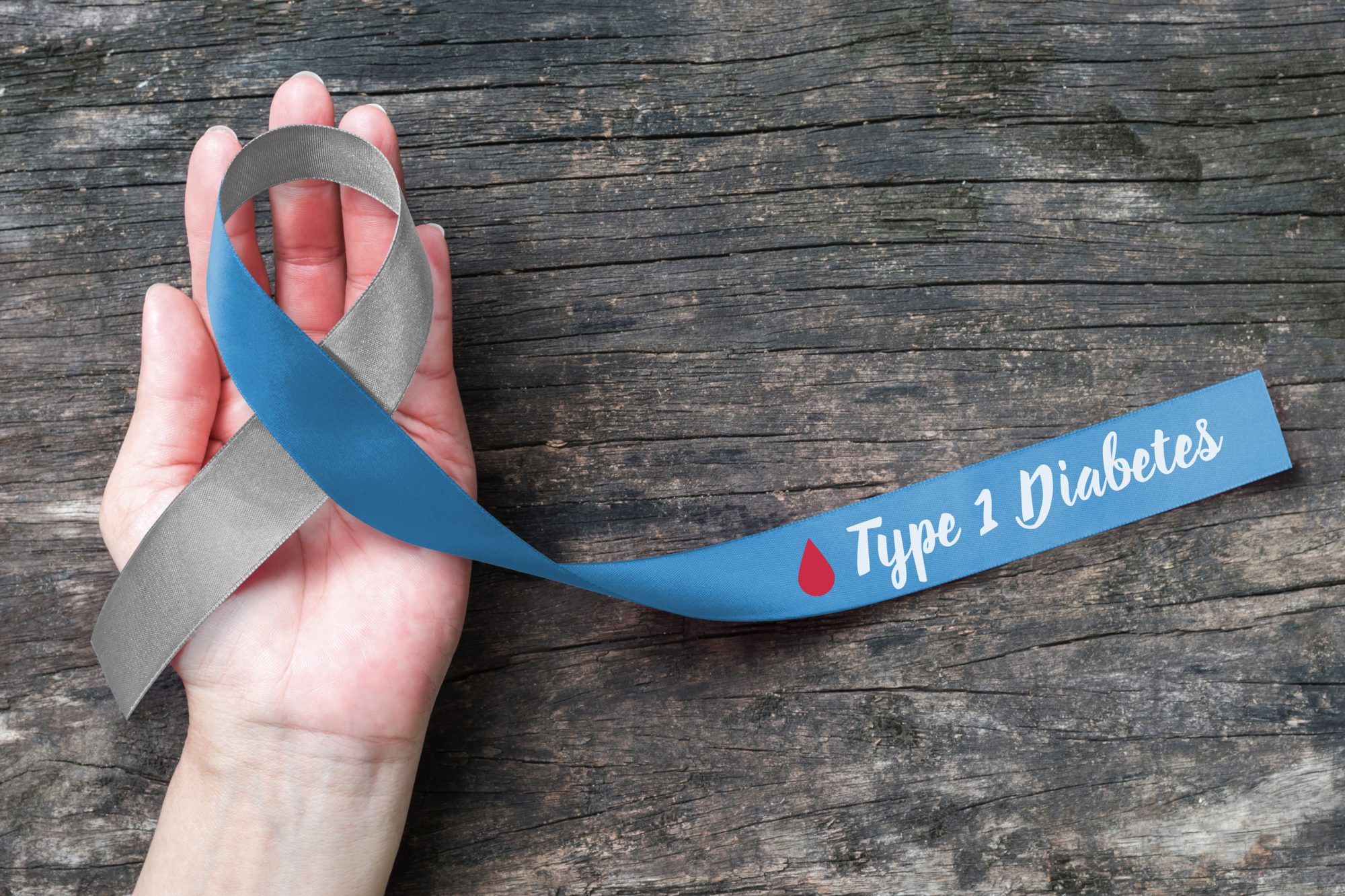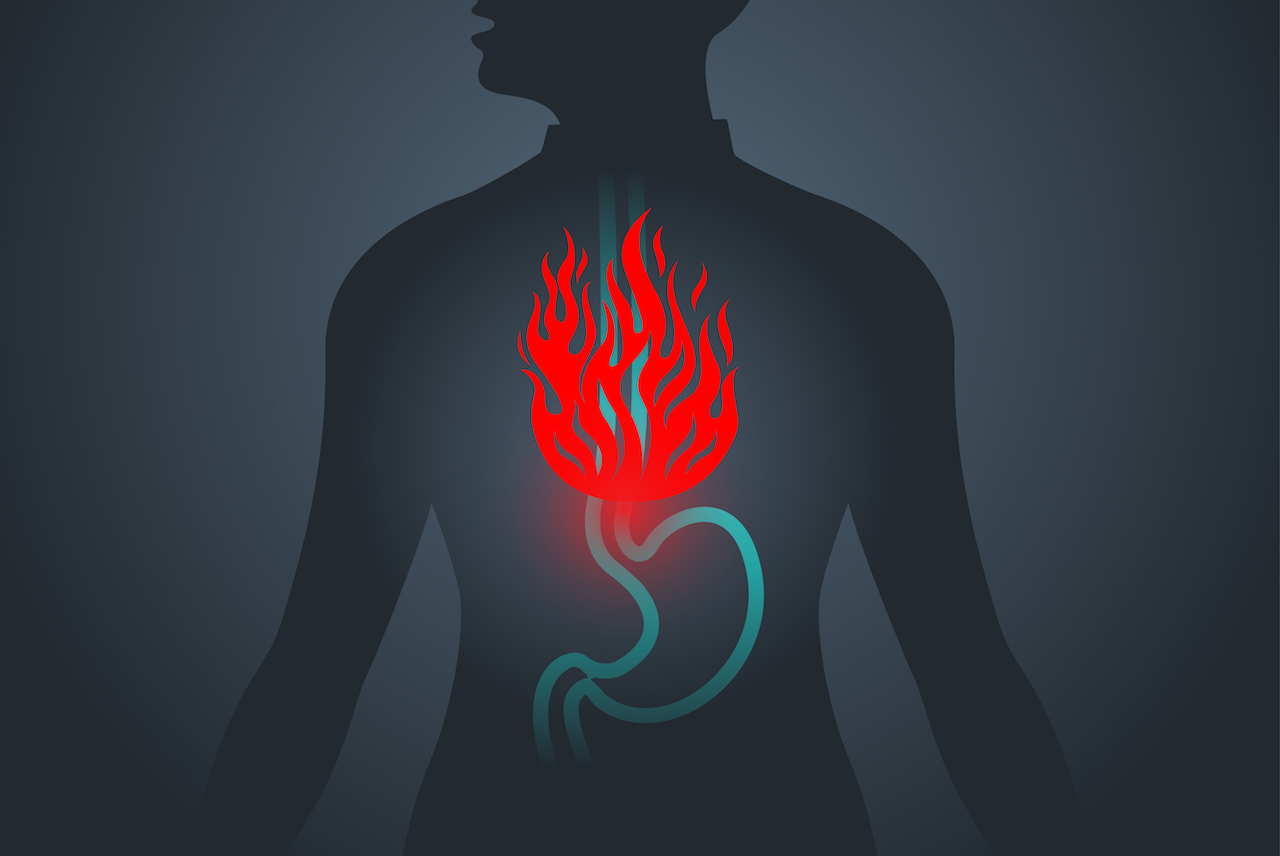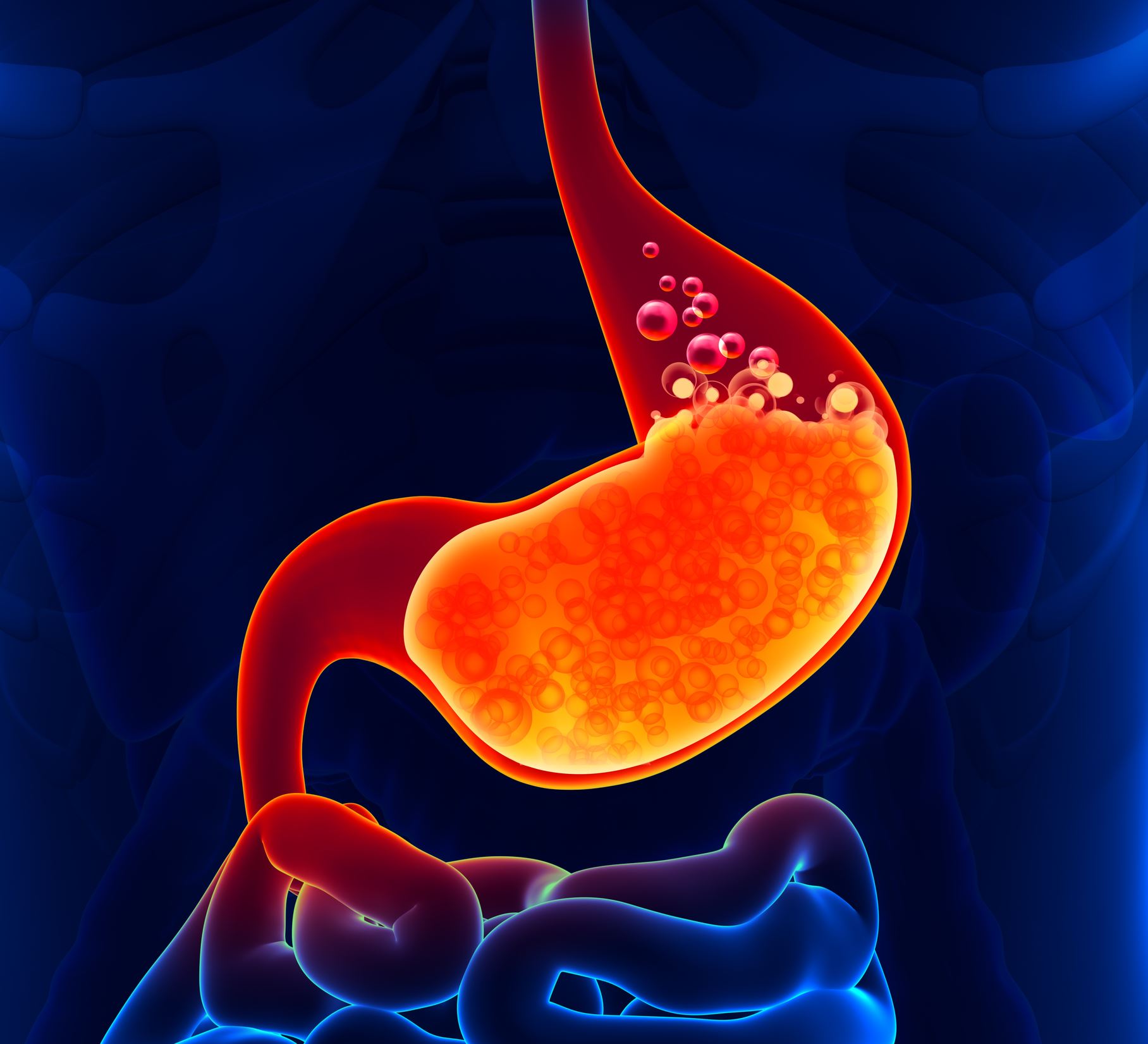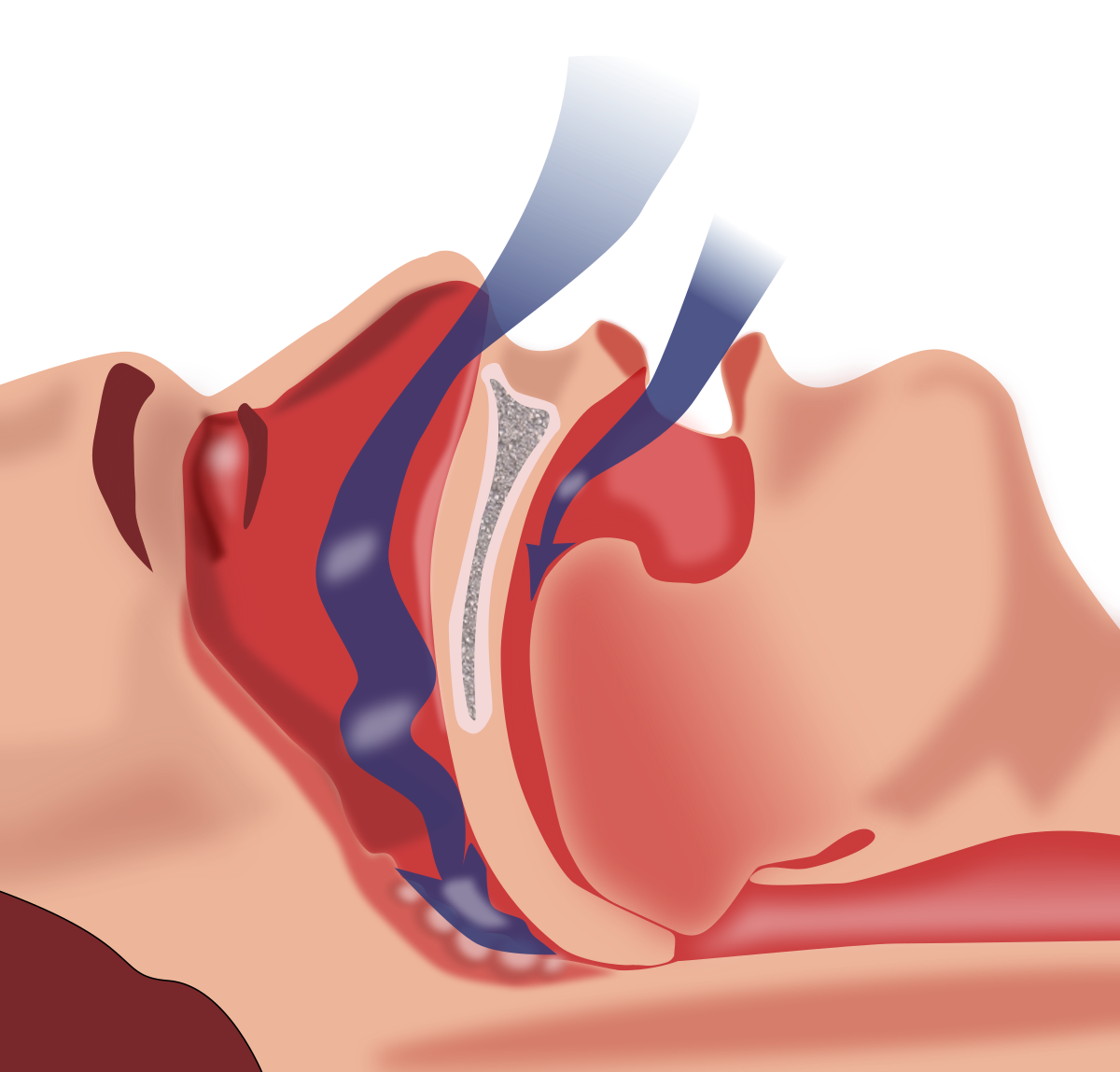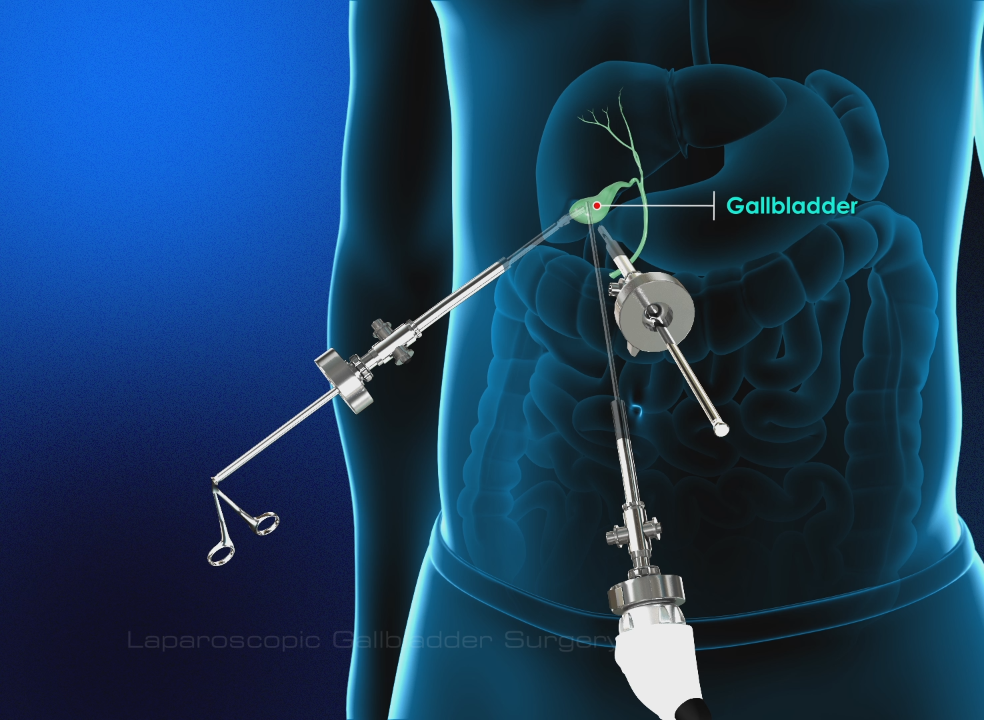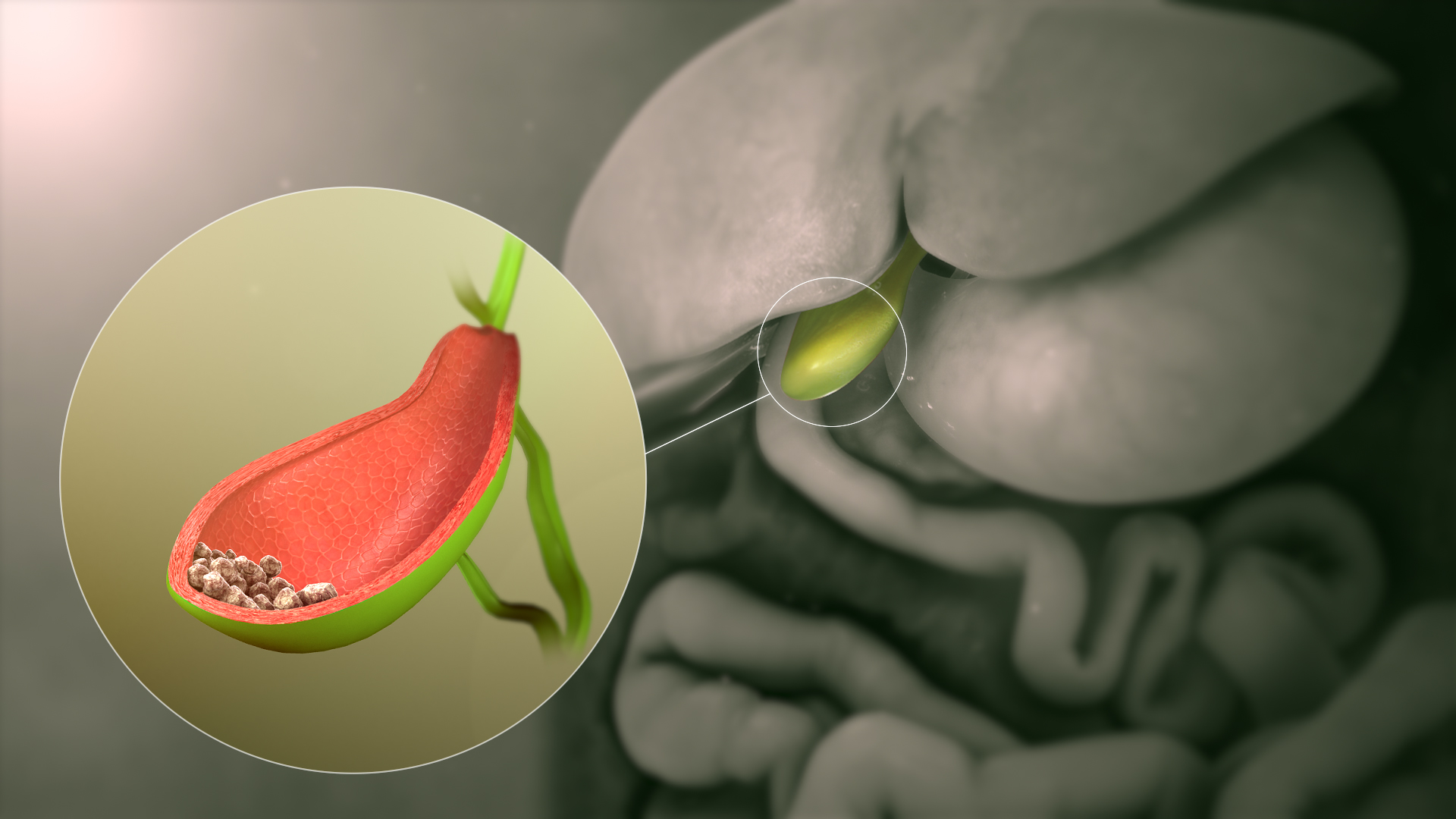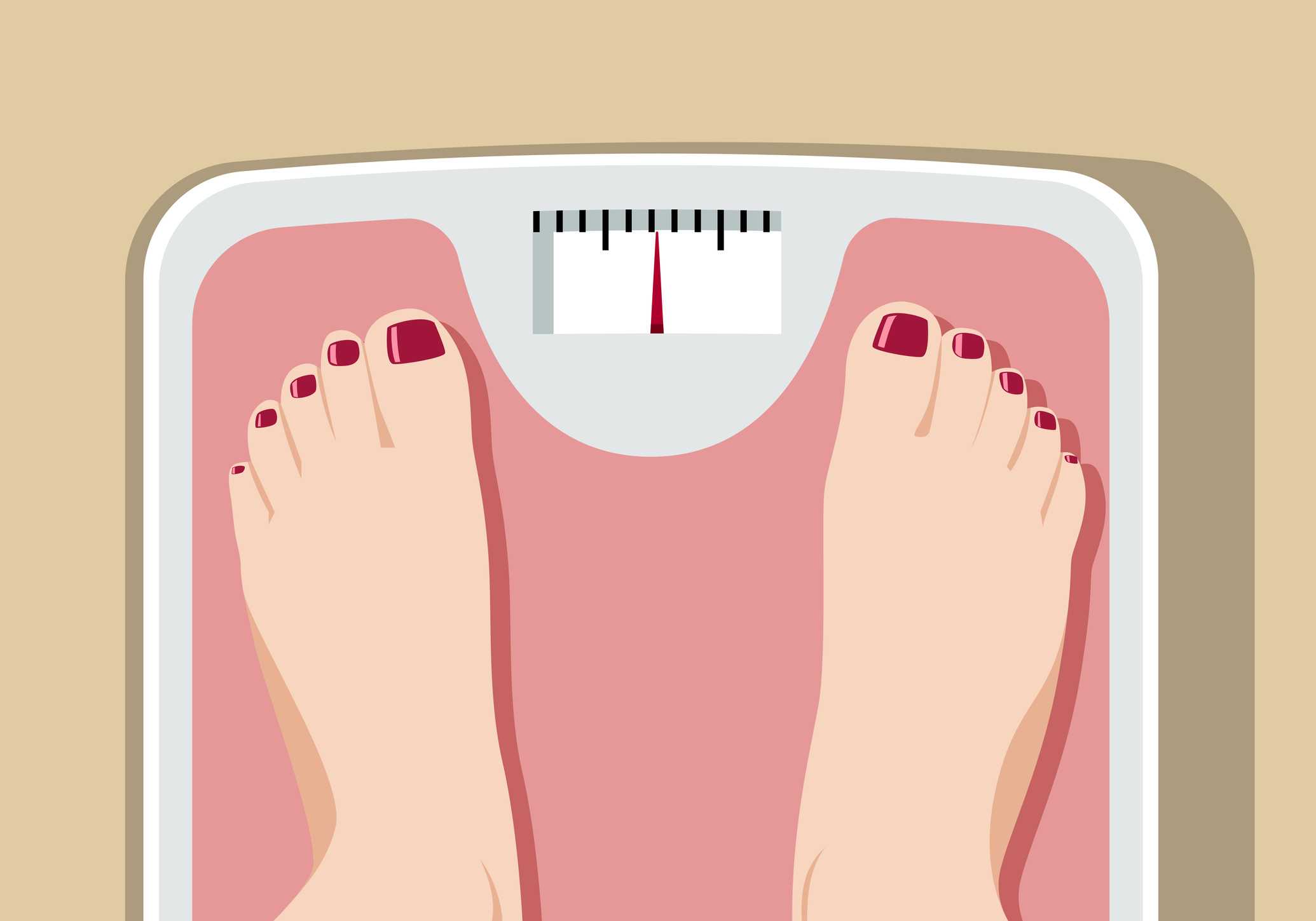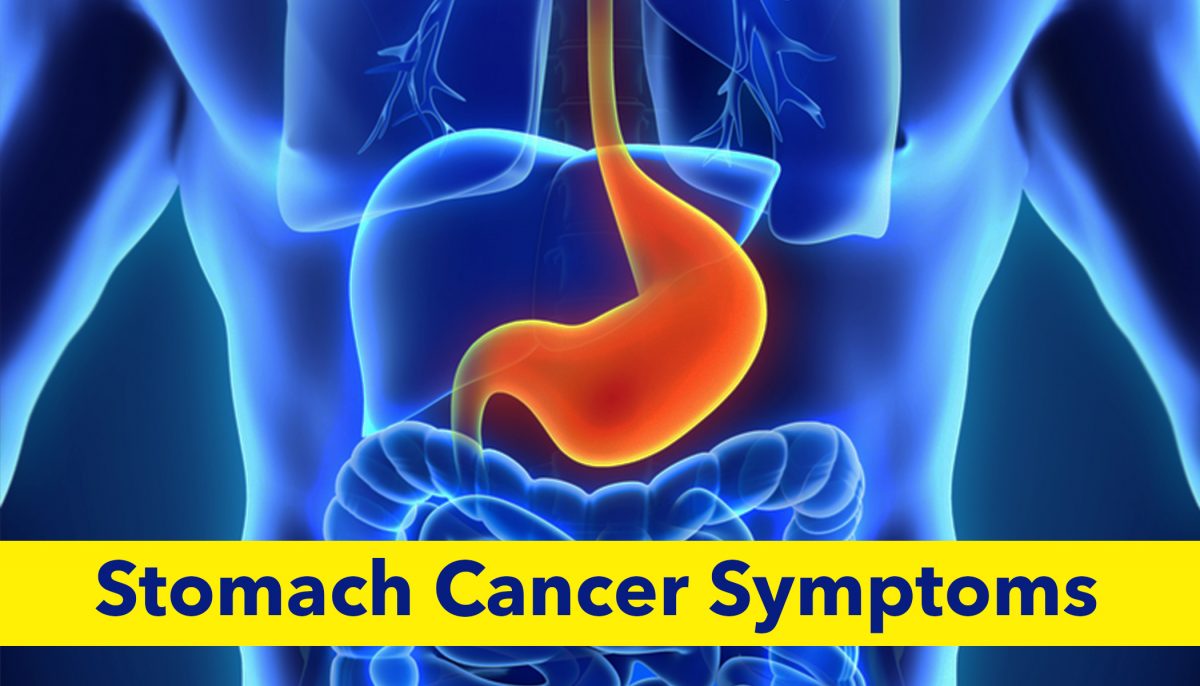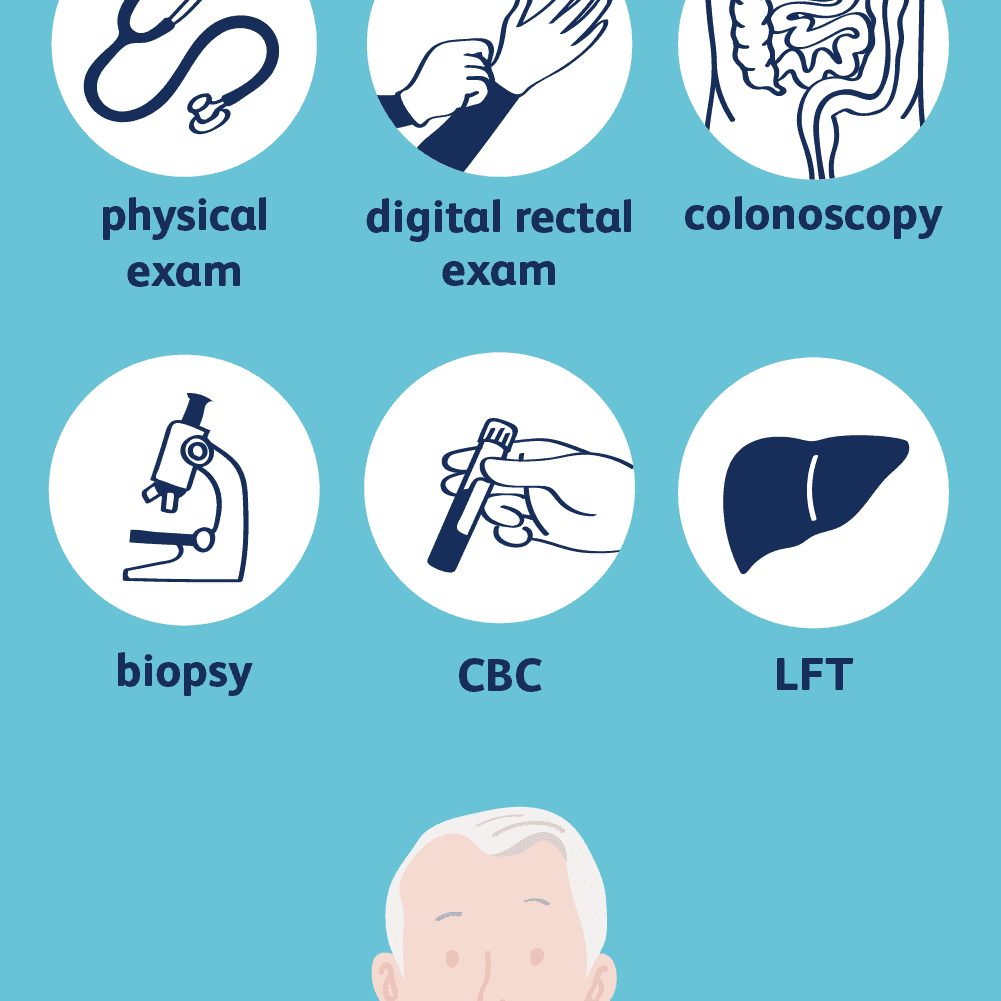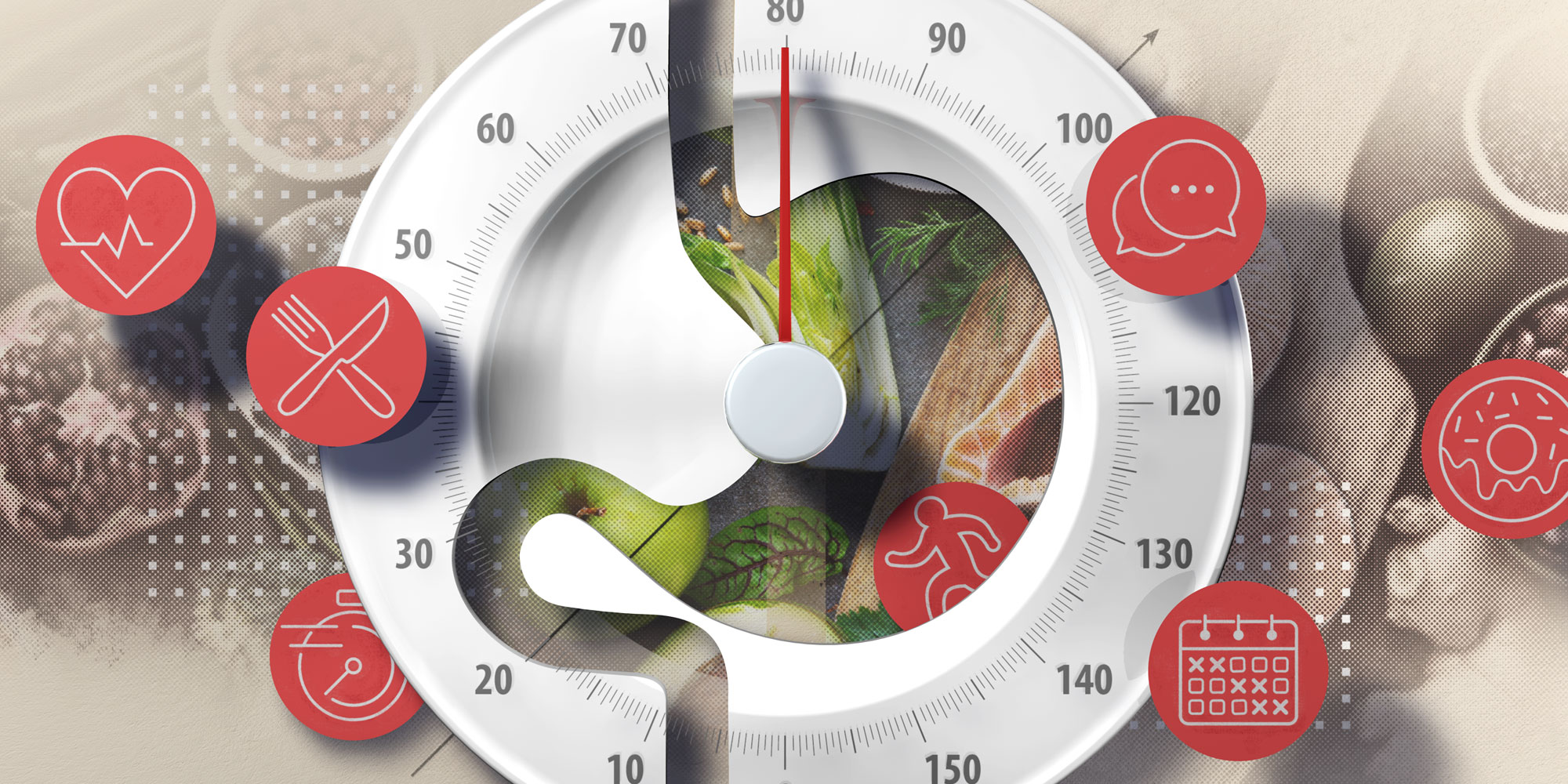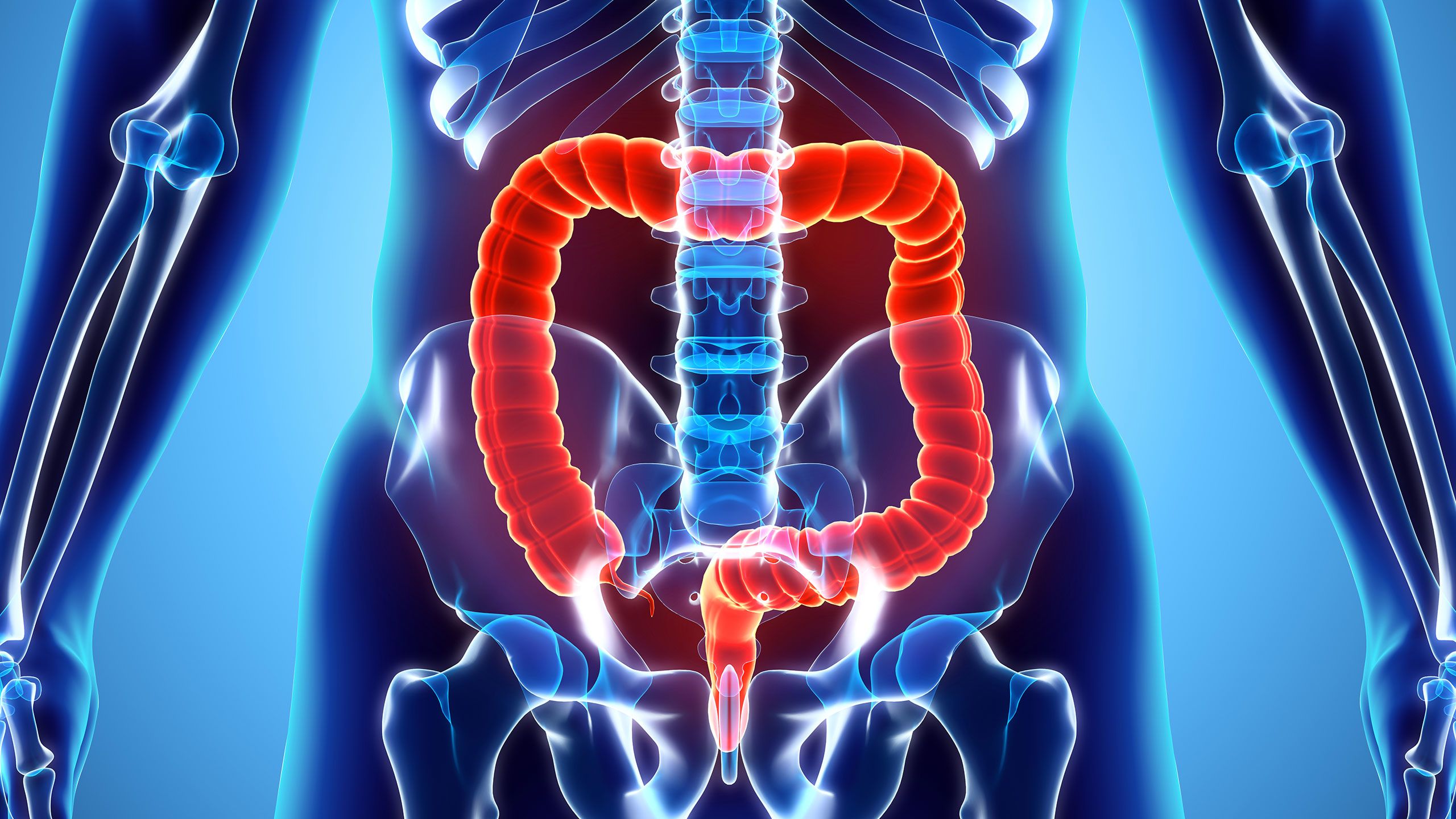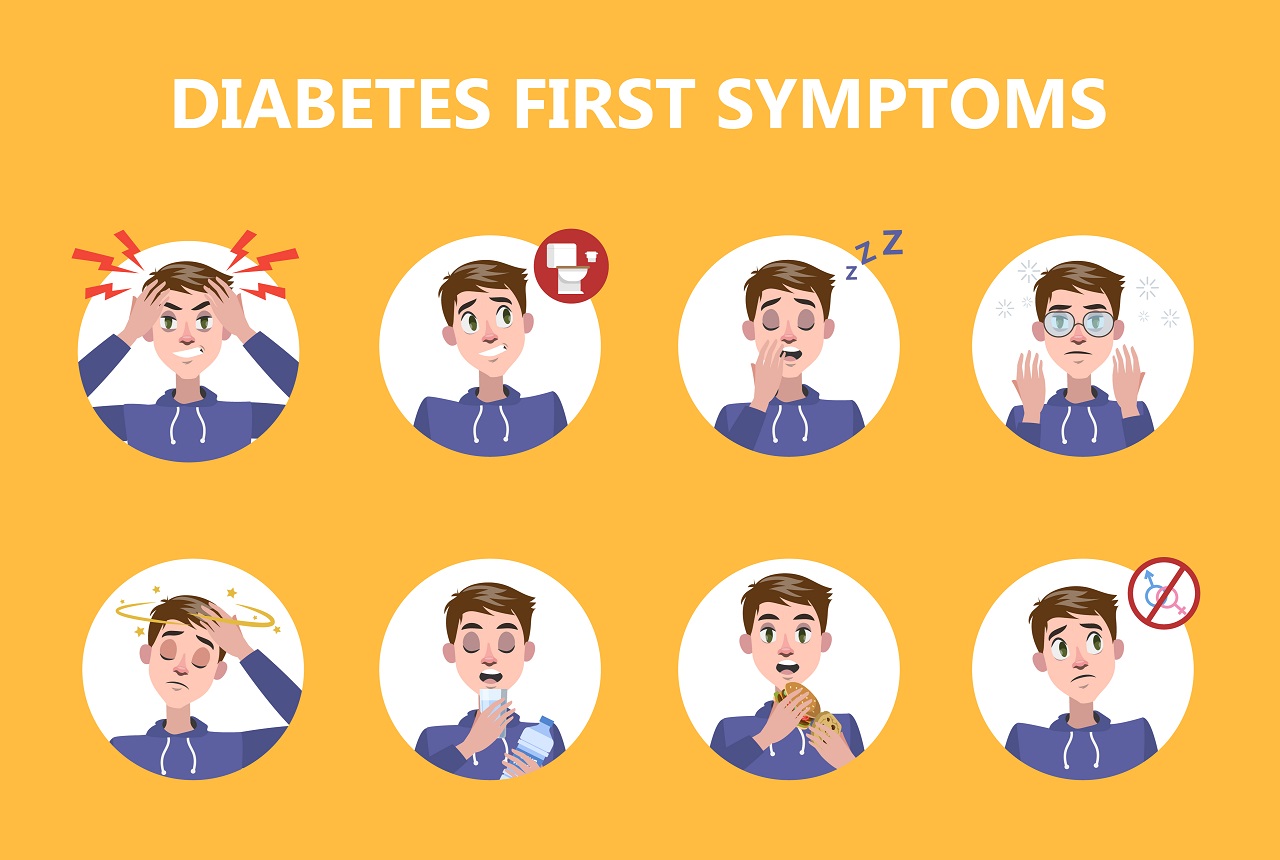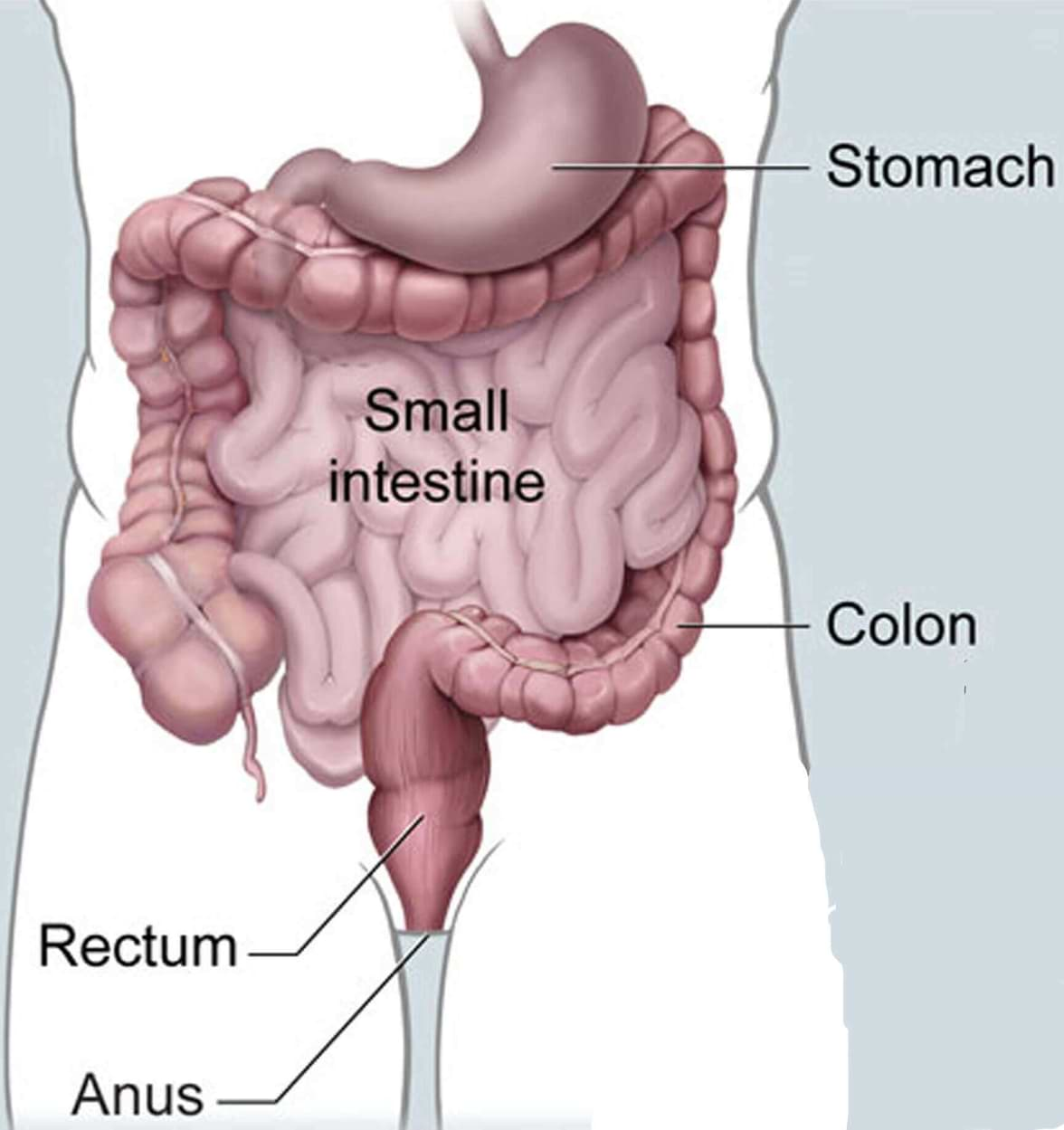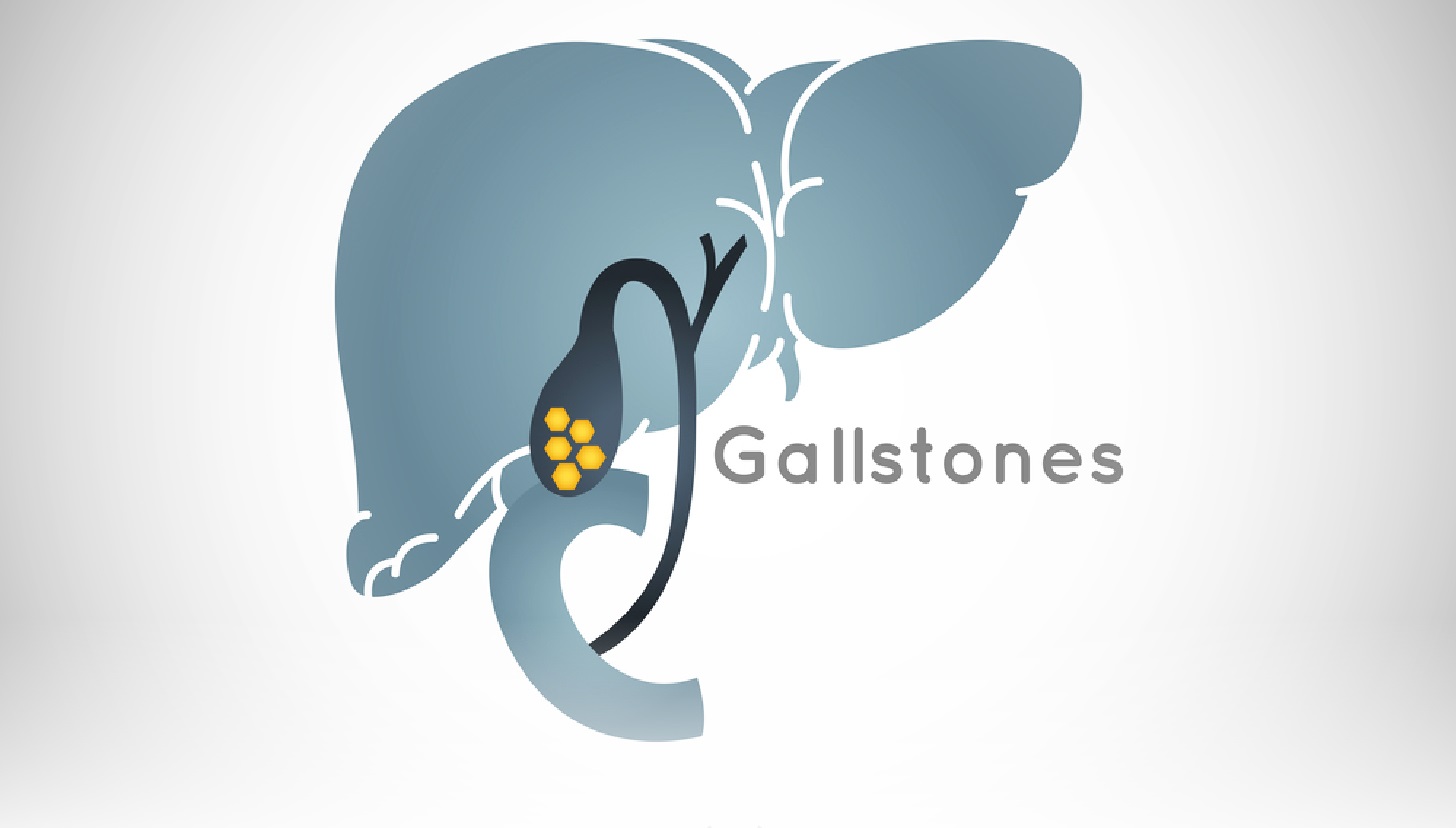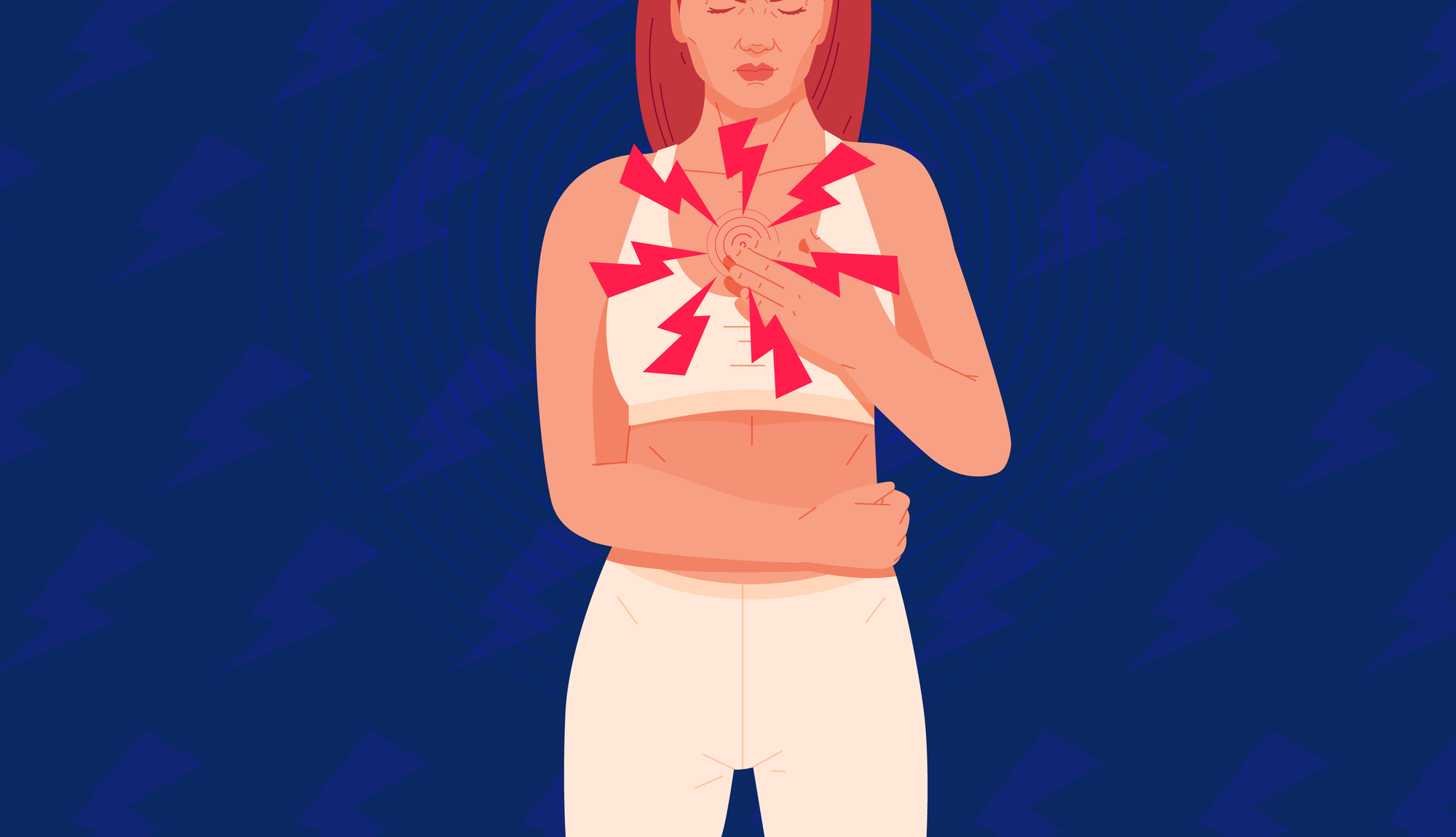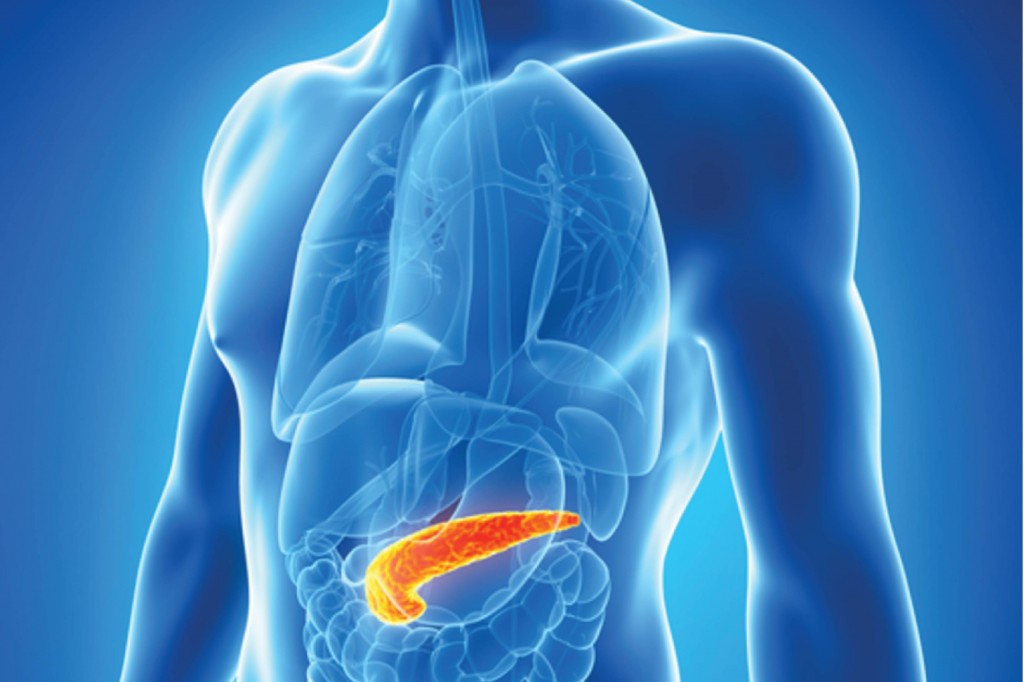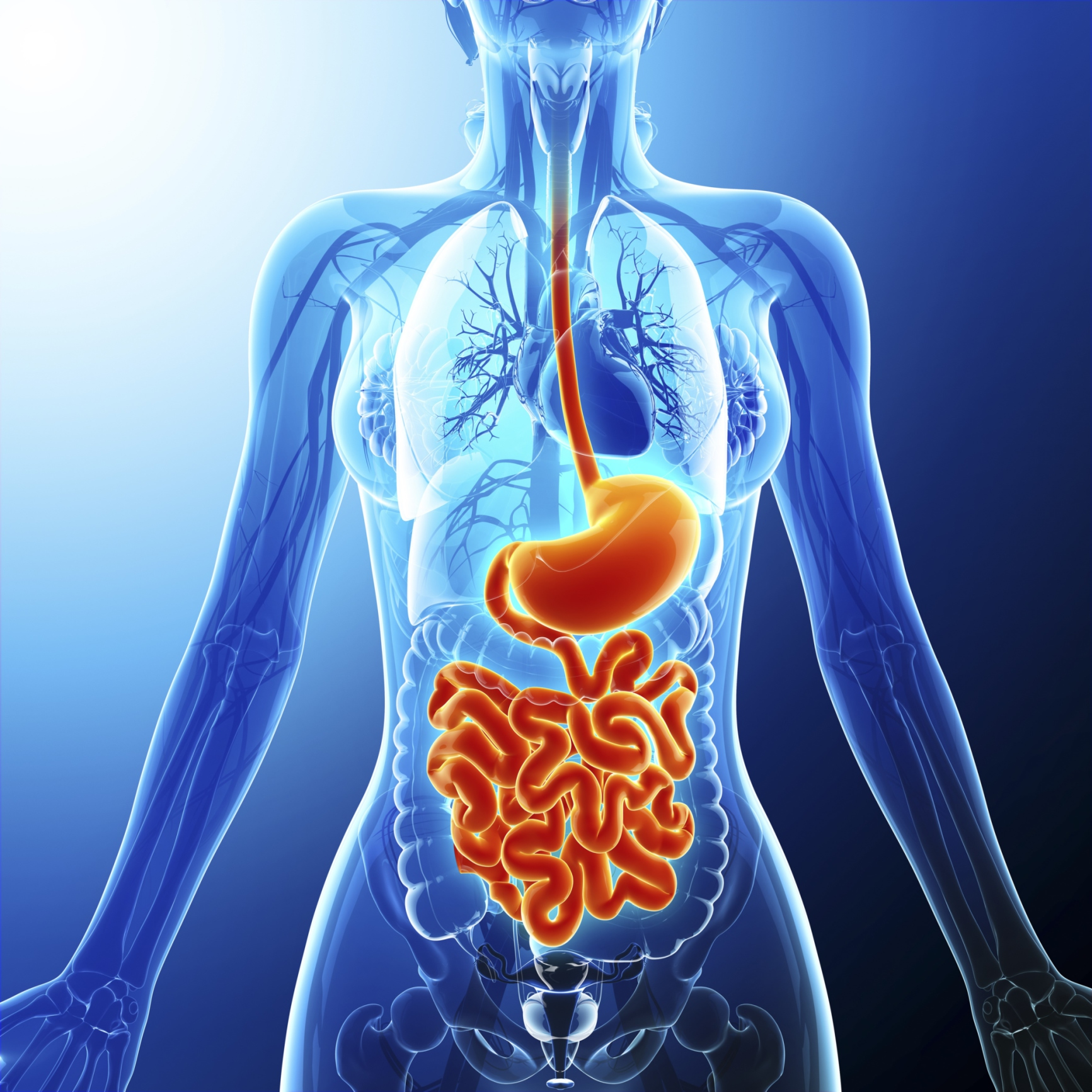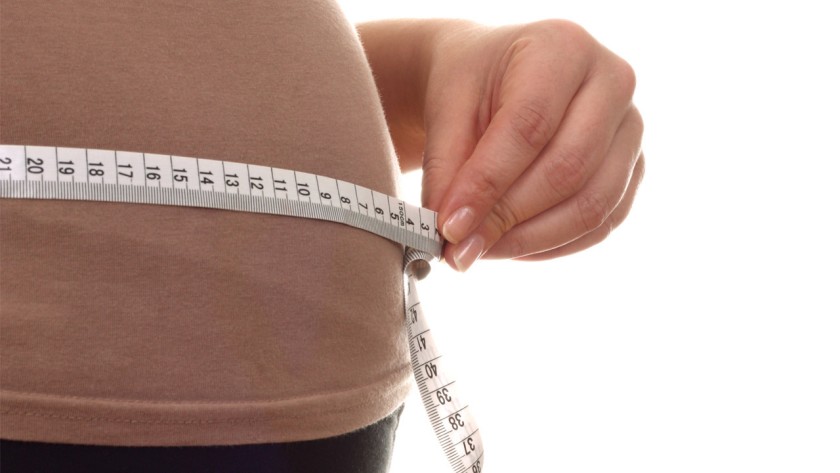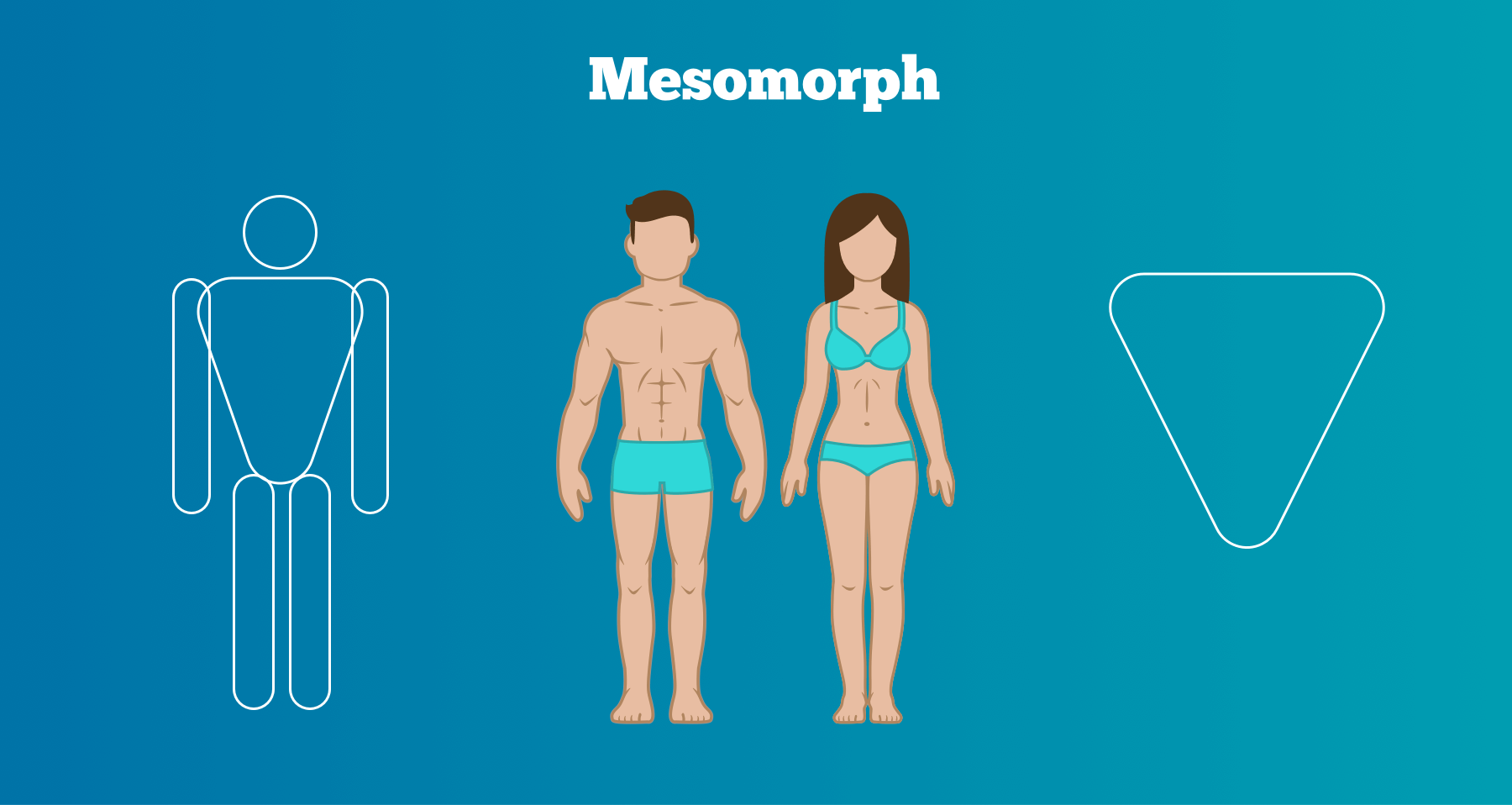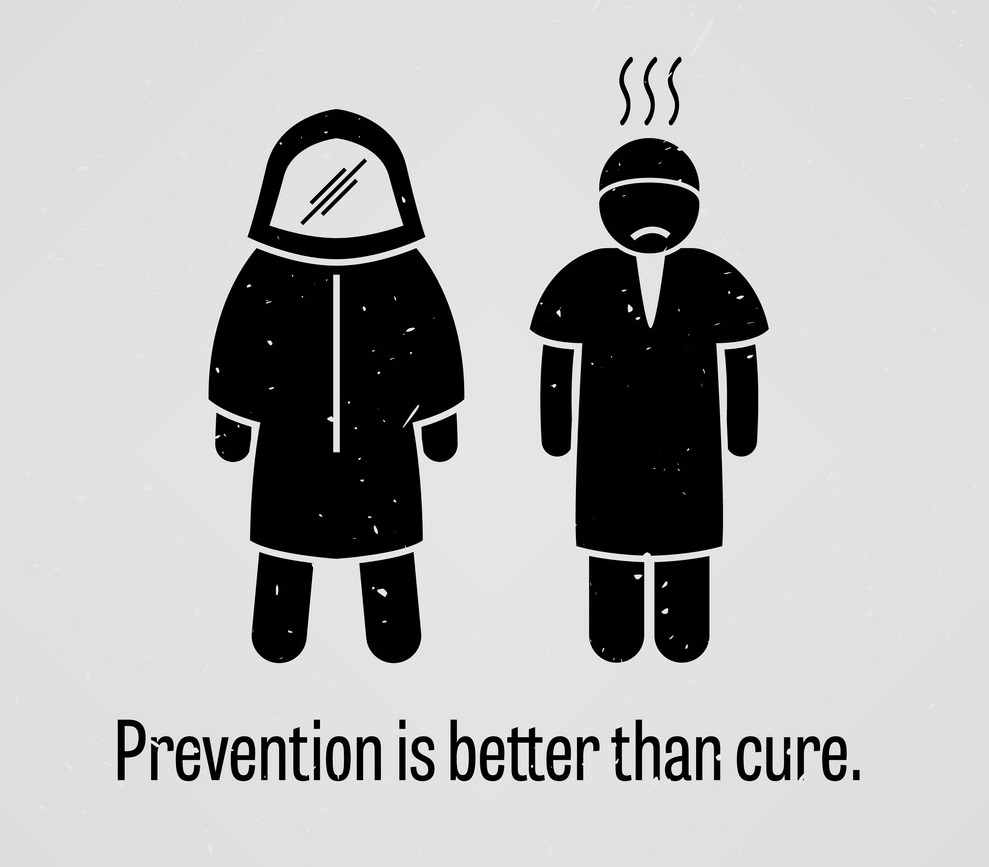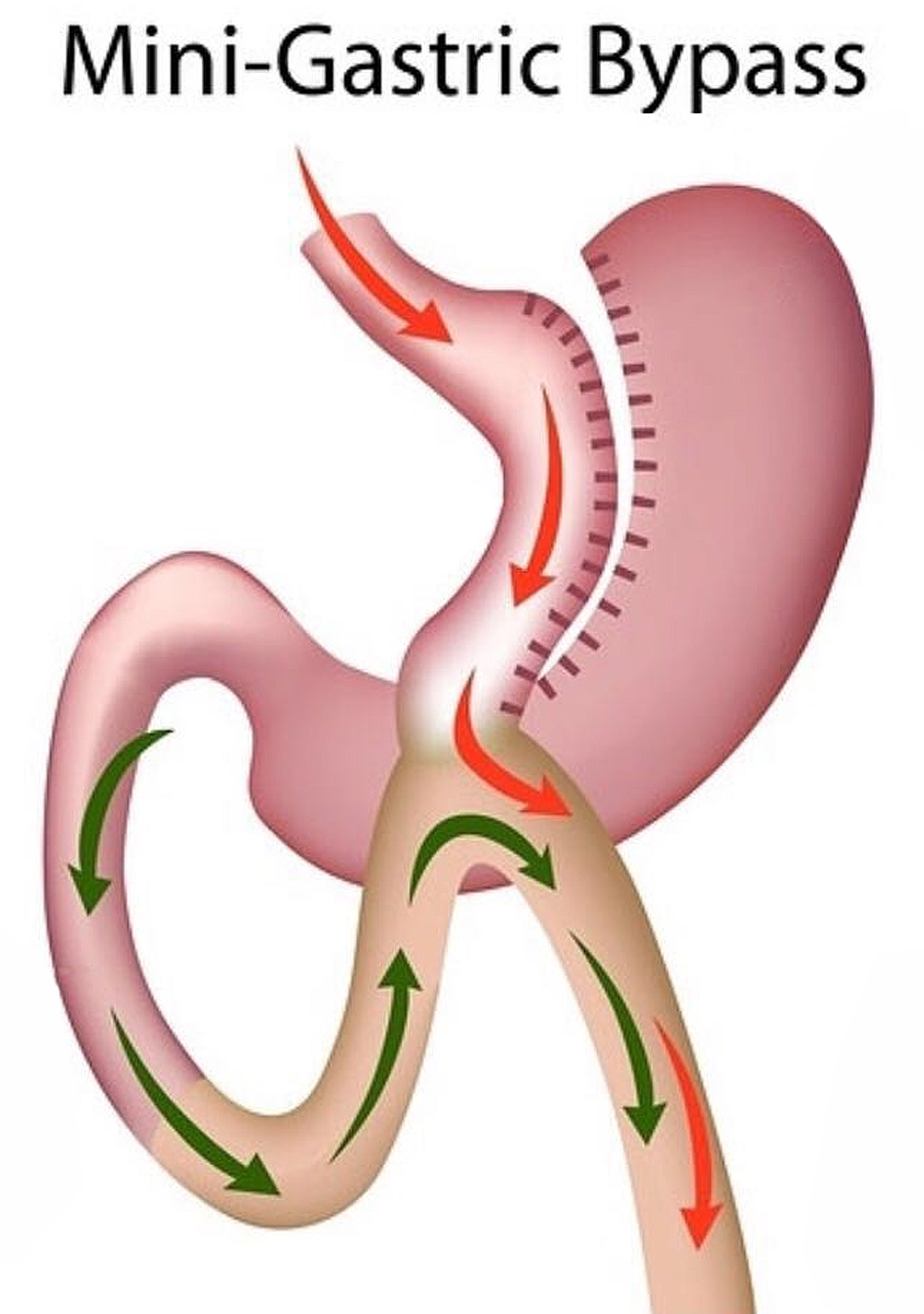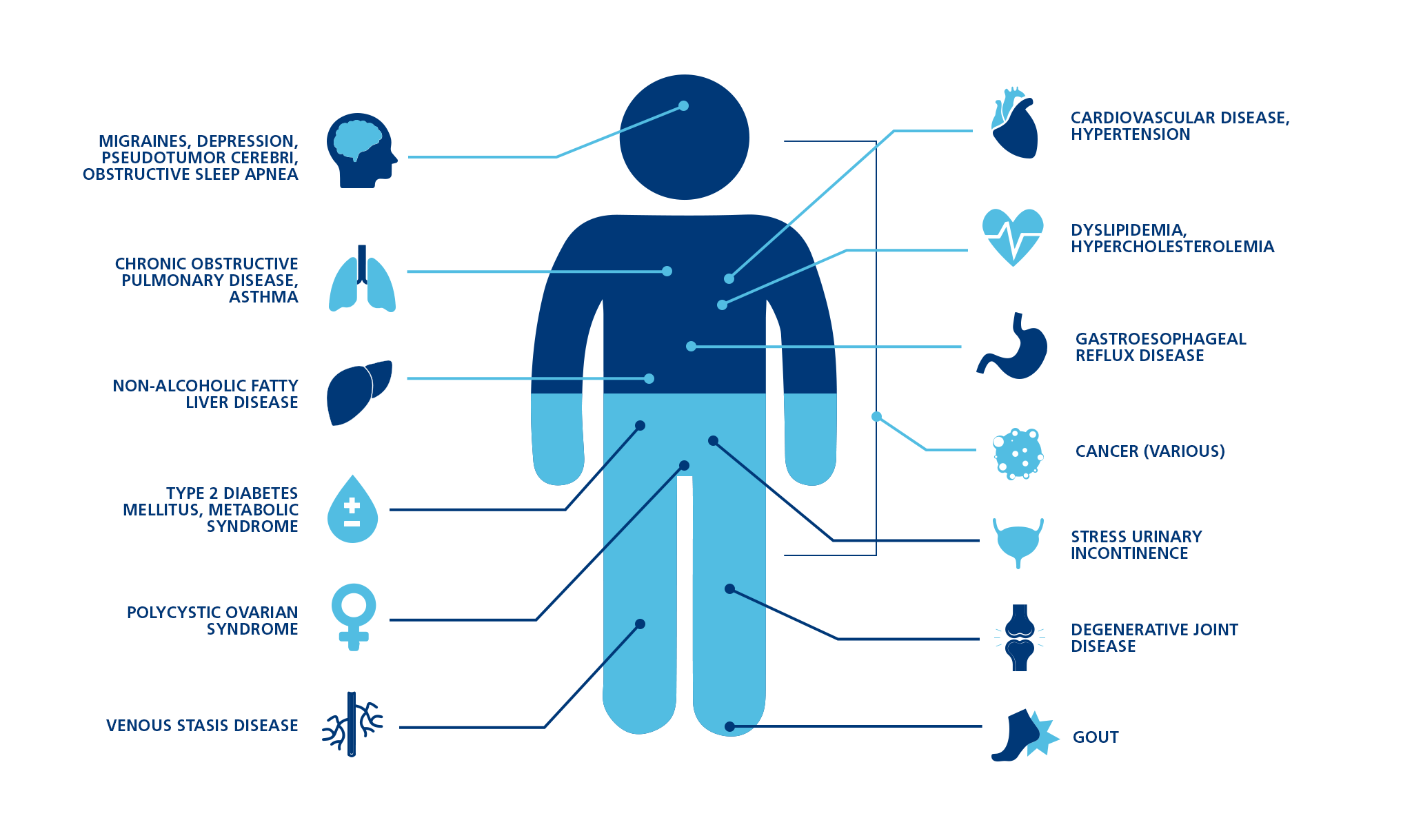Health
10 Health Conditions That Can Make You Gain Weight
Most people put on weight because they eat and drink more calories than they burn through everyday movement and body functions. But, in some cases your weight gain may be due to an underlying health condition.
Summary: 60 Second Read
- UNDERACTIVE THYROID- Underactive thyroid may slow body's metabolism and lead to weight gain.
- DIABETES TREATMENT- Long standing diabetic people may need to eat more to avoid "hypoglycaemia" leading to overeating and weight gain.
- AGEING- With age people may begin to lose muscles which are efficient calorie burner, resulting in weight gain.
- STEROID TREATMENT- Long-term use of steroids may increase your appetite leading to weight gain.
- CUSHING'S SYNDROME- Weight gain is the most common symptom of Cushing's Syndrome, mostly a side-effect of long term steroid treatment.
- STRESS AND LOW MOOD- Some people turn to food as a coping mechanism for stress or low mood which may lead to overeating and weight gain.
- LACK OF SLEEP- Sleep-deprived people have reduced levels of leptin, the chemical that makes them feel full, and higher levels of ghrelin, the hunger-stimulating hormone.
- FLUID RETENTION- Fluid retention can cause weight gain as parts of the body become swollen with fluid.
- POLYCYSTIC OVARY SYNDROME- People with PCOS typically put on weight around their waist.
- MENOPAUSE- The hormonal changes women experience during menopause can put on extra kg, particularly in the abdomen.

Here are 10 medical issues that can cause weight gain:
1. Underactive Thyroid
An underactive thyroid (hypothyroidism) means your thyroid gland is not producing enough thyroid hormones. This slows the body’s metabolism and can lead to weight gain. Although an underactive thyroid can occur at any age and in either sex, it is most common in older women.
The condition is usually treated with daily hormone replacement tablets, called levothyroxine.
Summary- Underactive thyroid may slow body's metabolism and lead to weight gain.
2. Diabetes Treatment
Weight gain is a common side effect for people who take insulin to manage their diabetes. Insulin helps to control your blood sugar level. Some people with long standing diabetes may eat more than they need to prevent low blood sugar, also known as a "hypo" or hypoglycaemia.
Snacking regularly can mean you take in more calories than you need. This can lead to overall weight gain.
Summary- Long standing diabetic people may need to eat more to avoid "hypoglycaemia" leading to overeating and weight gain.
3. Ageing
People begin to lose some muscle as they get older, largely because they become less active. Muscles are an efficient calorie burner, so a loss of muscle mass can mean you burn fewer calories.
If you're eating and drinking the same amount as you always have and are less physically active, this can lead to weight gain. To reduce muscle loss, you should stay active and try to do regular muscle-strengthening exercises.
Summary- With age people may begin to lose muscles which are efficient calorie burner, resulting in weight gain.
4. Steroid Treatment
Steroids, also known as corticosteroids, are used to treat a variety of conditions, including asthma and arthritis. Long-term use of corticosteroid tablets can increase appetite in some people, leading to weight gain.
Being extra careful about what you eat while you are using steroids will help prevent you from eating more than usual.
Summary- Long-term use of steroids may increase your appetite leading to weight gain.
5. Cushing's Syndrome
Cushing's syndrome is very rare and is caused by high levels of the hormone cortisol. It can develop as a side effect of long-term steroid treatment or as a result of a tumour.
Weight gain is a common symptom, particularly on the chest, face and stomach. Depending on the cause, treatment typically involves either reducing or withdrawing the use of steroids, or surgery to remove the tumour.
Summary- Weight gain is the most common symptom of Cushing's Syndrome, mostly a side-effect of long term steroid treatment.
6. Stress and Low Mood
People respond differently to stress, anxiety and depressed mood.
Some people may lose weight, while others may gain weight. Some people turn to food as a coping mechanism and it can lead to a vicious circle. Weight gain from depression can make you more depressed, which can lead to further weight gain.
If you know you're an emotional eater, finding other forms of distraction can help, such as:
- Exercise
- Hobby
- Calling a friend
- Going for a walk
- Having a soothing bath
Summary- Some people turn to food as a coping mechanism for stress or low mood which may lead to overeating and weight gain.
7. Lack of Sleep
People who sleep less are more likely to be overweight than those who sleep more. It's not clear why, but one theory is that sleep-deprived people have reduced levels of leptin, the chemical that makes you feel full, and higher levels of ghrelin, the hunger-stimulating hormone.
Summary- Sleep-deprived people have reduced levels of leptin, the chemical that makes them feel full, and higher levels of ghrelin, the hunger-stimulating hormone.
8. Fluid Retention
Fluid retention can cause you to gain weight as parts of the body become swollen with fluid. Some types of fluid retention are common, for example:
- Standing for long periods
- Being premenstrual
The swelling can occur in one particular part of the body, such as the ankles, or it can be more general.
Summary- Fluid retention can cause weight gain as parts of the body become swollen with fluid.
9. Polycystic Ovary Syndrome
Polycystic ovary syndrome (PCOS) is a common condition that affects how the ovaries work. Symptoms can include irregular periods, trouble getting pregnant, growing excess hair and weight gain. The exact cause of PCOS is unknown, but it's thought to be hormone related, including too much insulin and testosterone.
Summary- People with PCOS typically put on weight around their waist.
10. Menopause
Maintaining a healthy weight becomes more difficult as you age. Unfortunately, weight gain is much more common — and happens faster — in women over 50. The hormonal changes women experience during menopause can put on extra kg, particularly in the abdomen. Eating right, exercising, and getting enough sleep are especially valuable for women experiencing this life stage.
Summary- The hormonal changes women experience during menopause can put on extra kg, particularly in the abdomen.
Reference:
- https://www.health.harvard.edu/decision_guide/unexplained-weight-gain-in-adults
- https://my.clevelandclinic.org/health/diseases/12564-edema
- https://www.mayoclinic.org/healthy-lifestyle/womens-health/in-depth/menopause-weight-gain/
- https://www.nhs.uk/live-well/healthy-weight/nine-medical-reasons-for-putting-on-weight/

